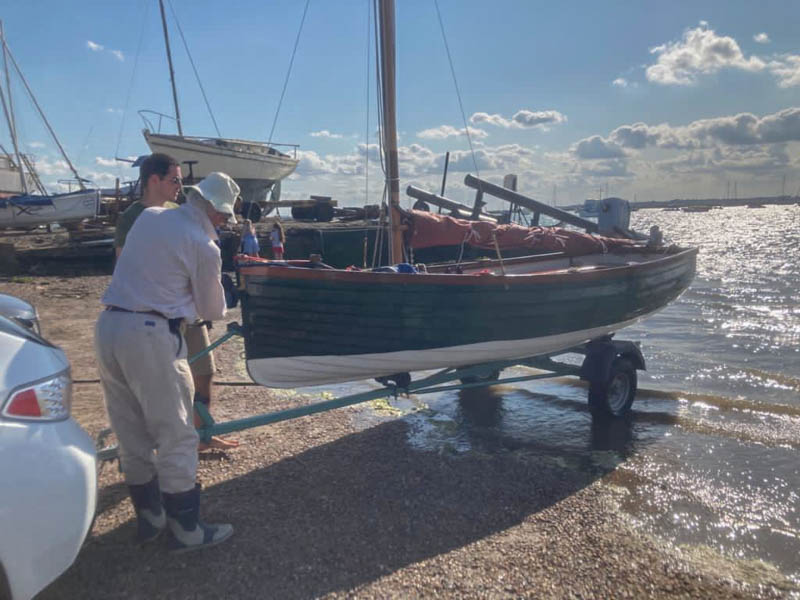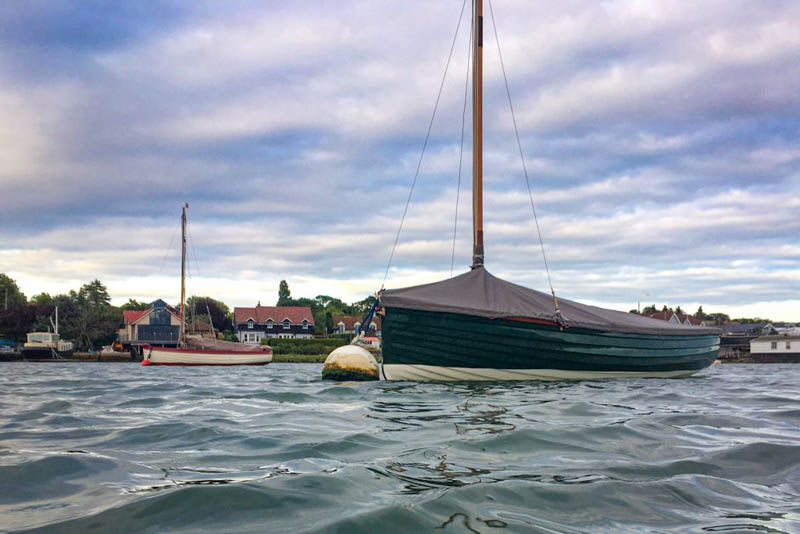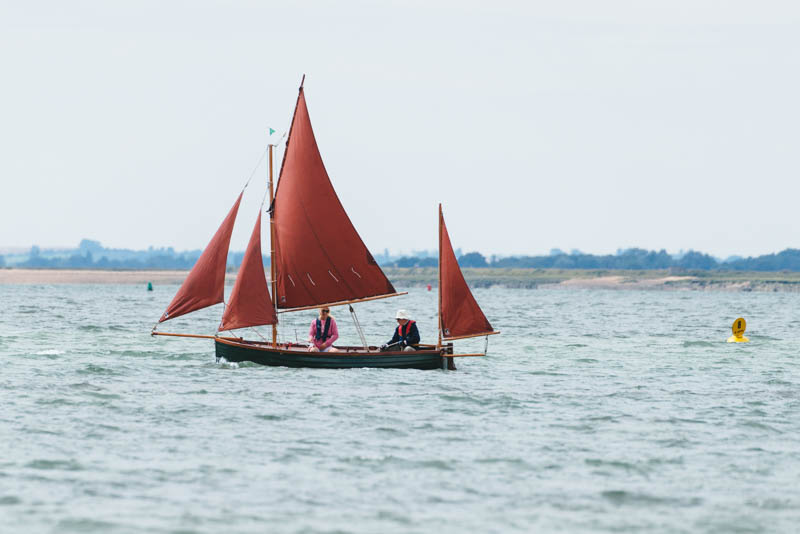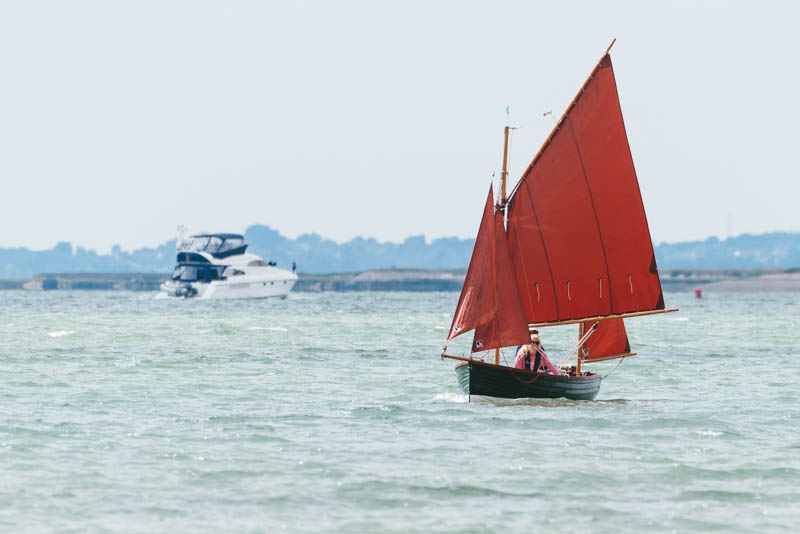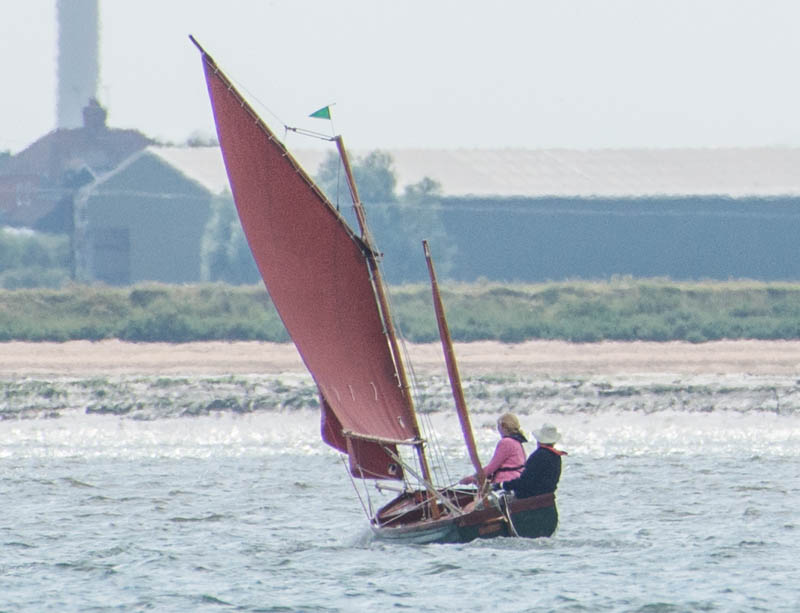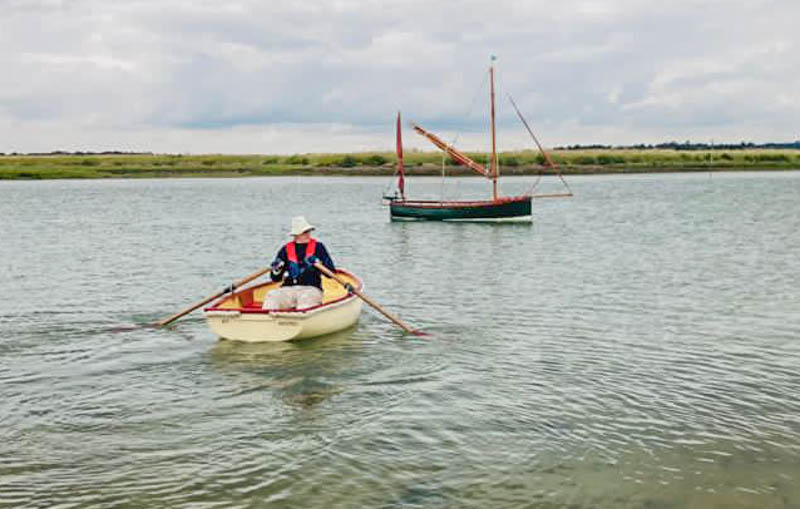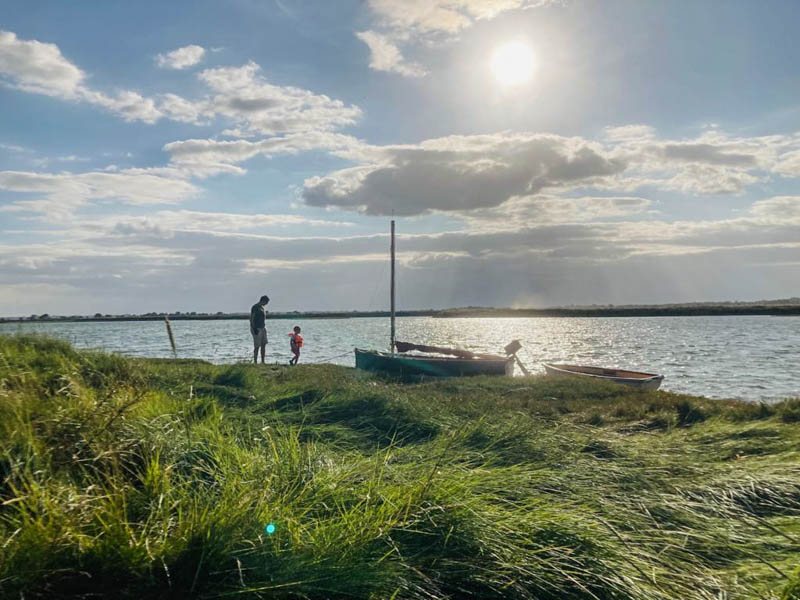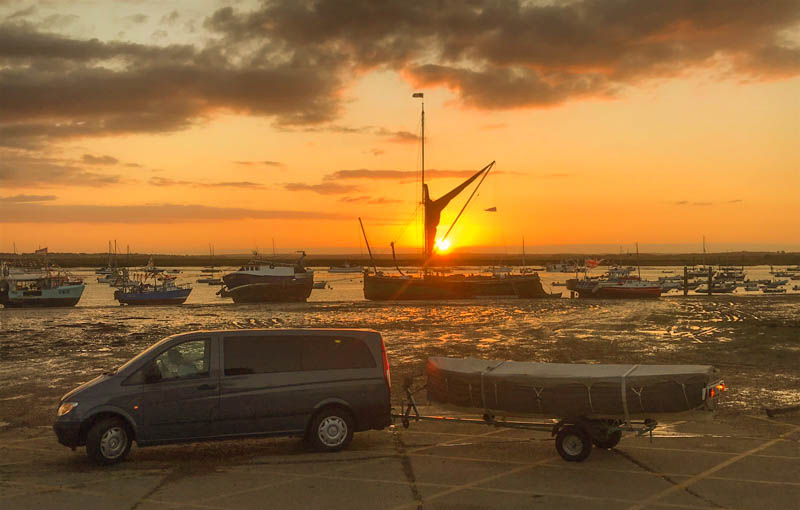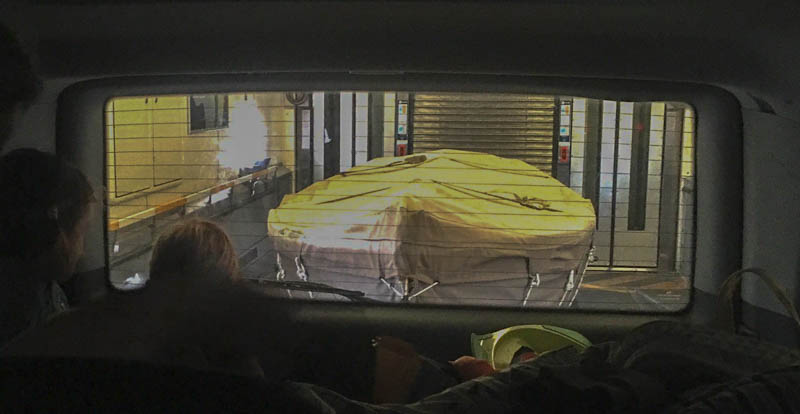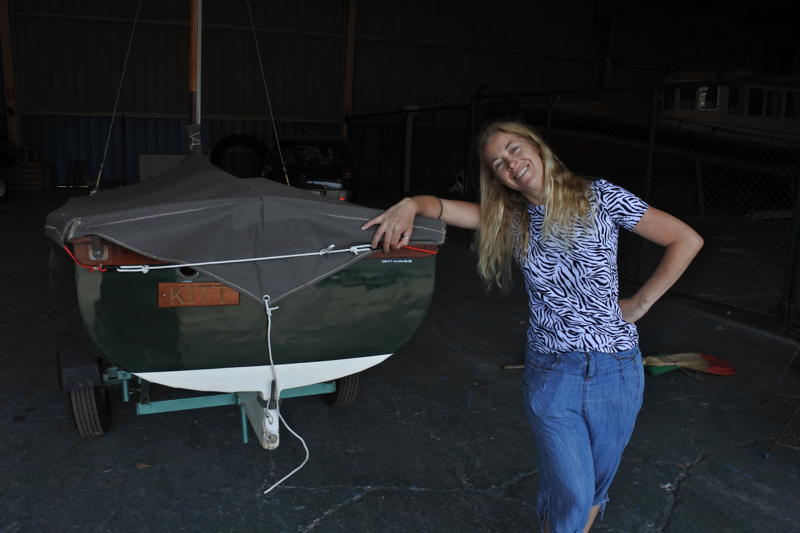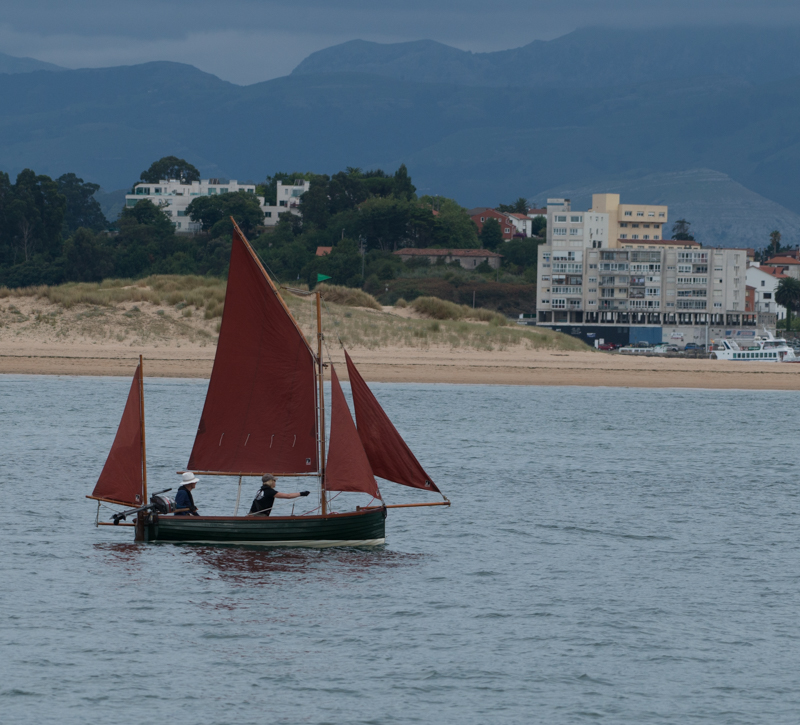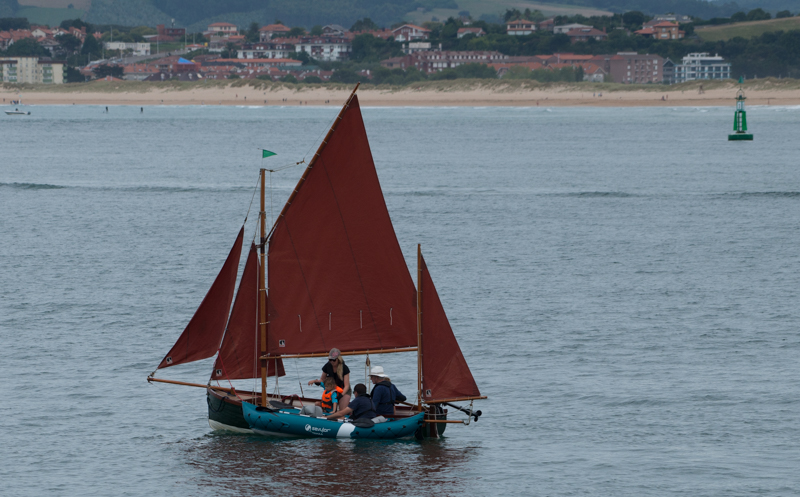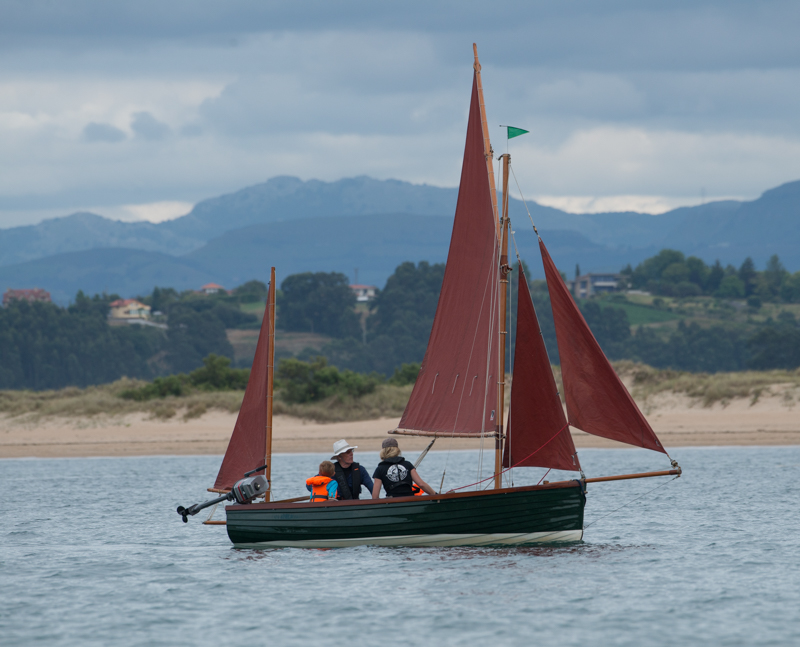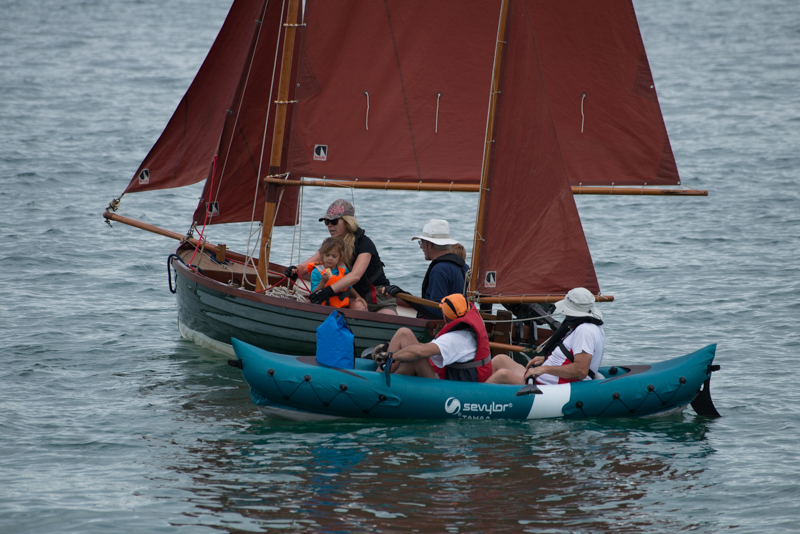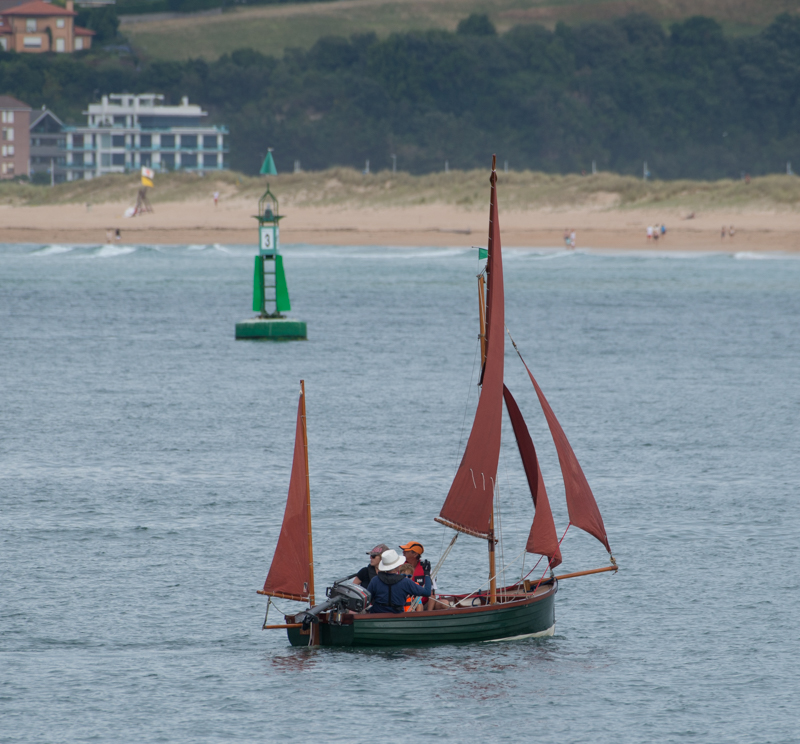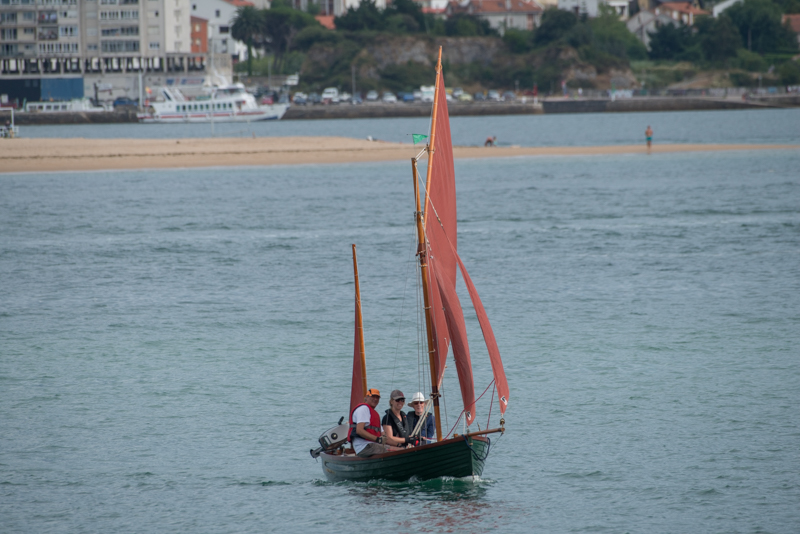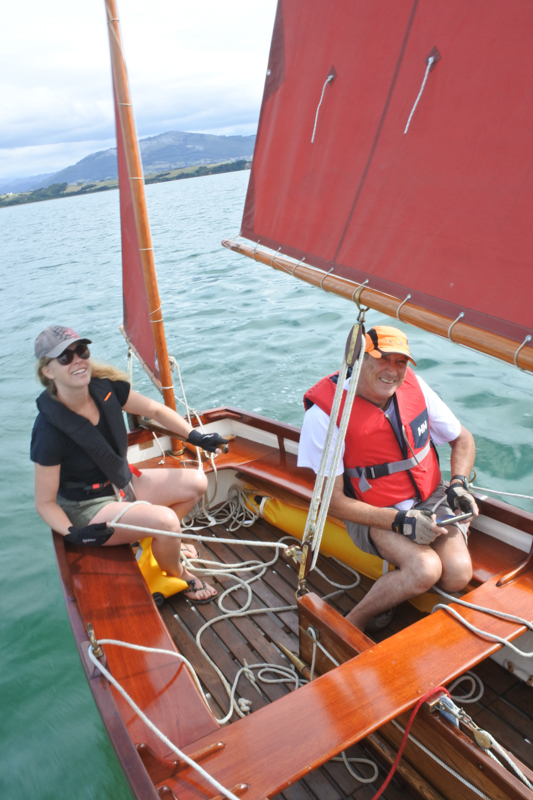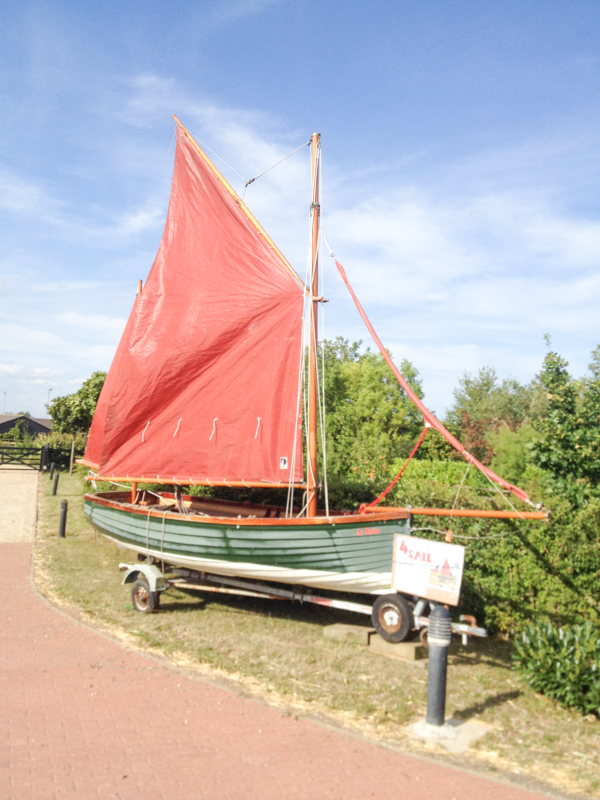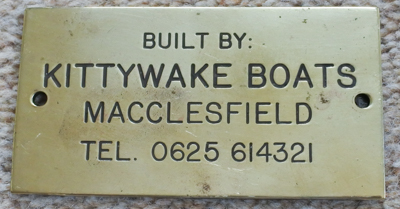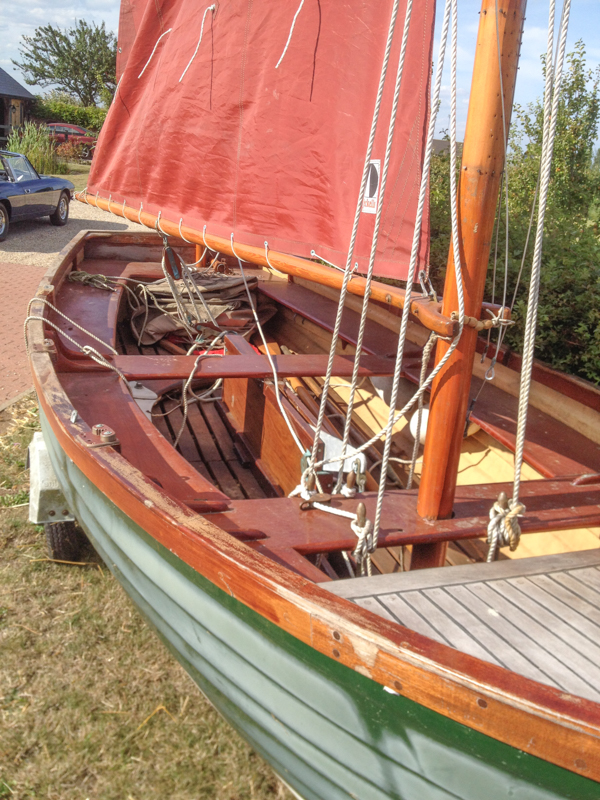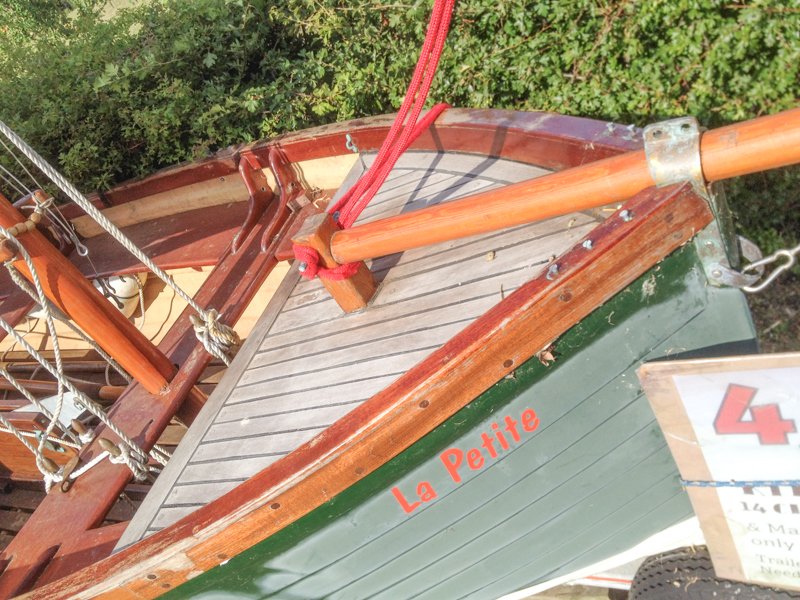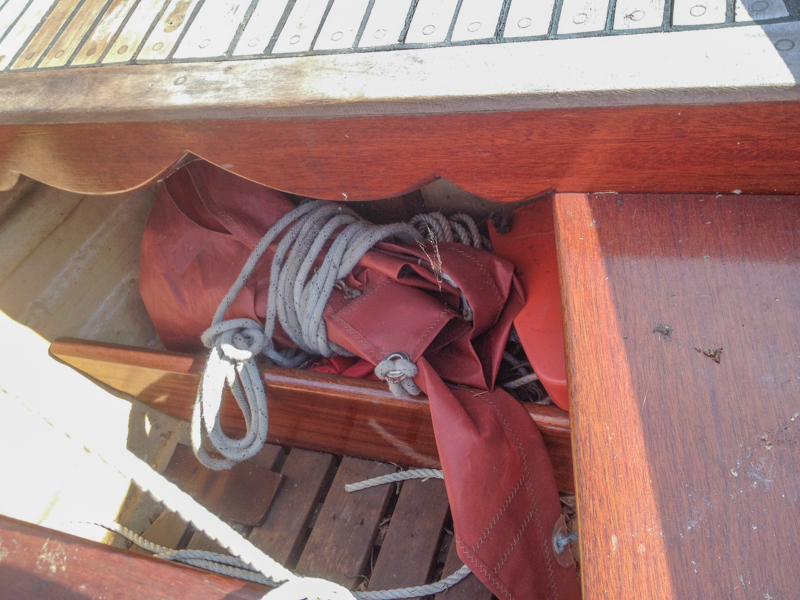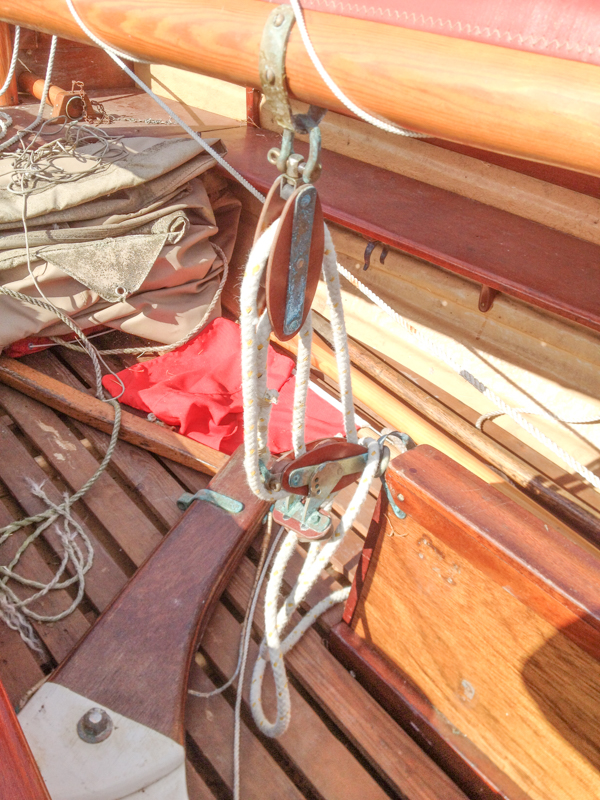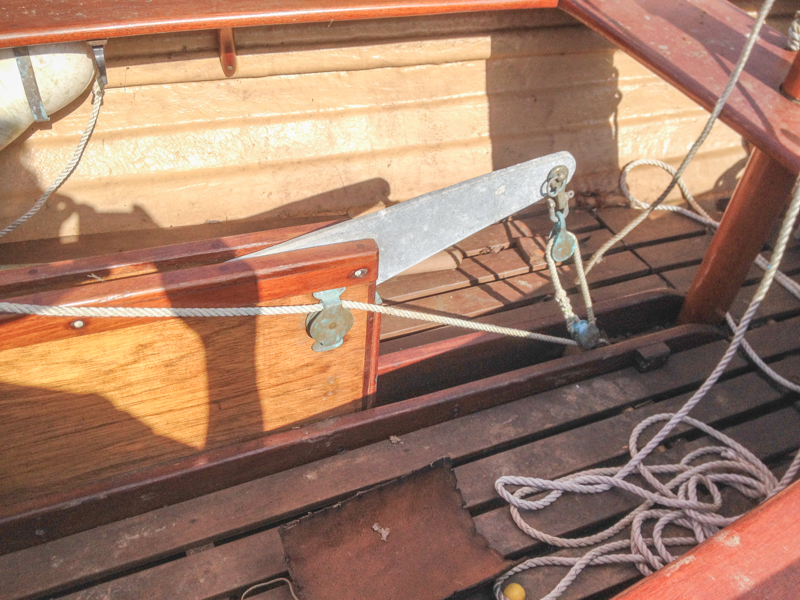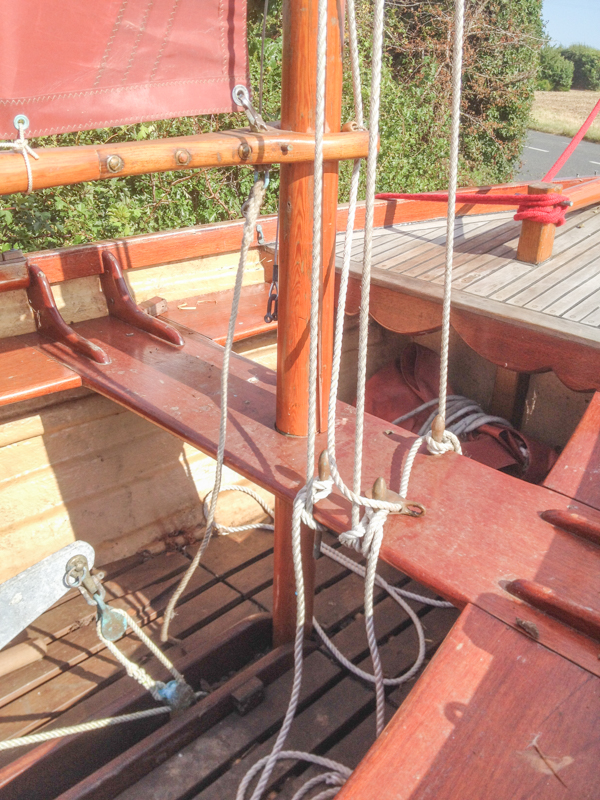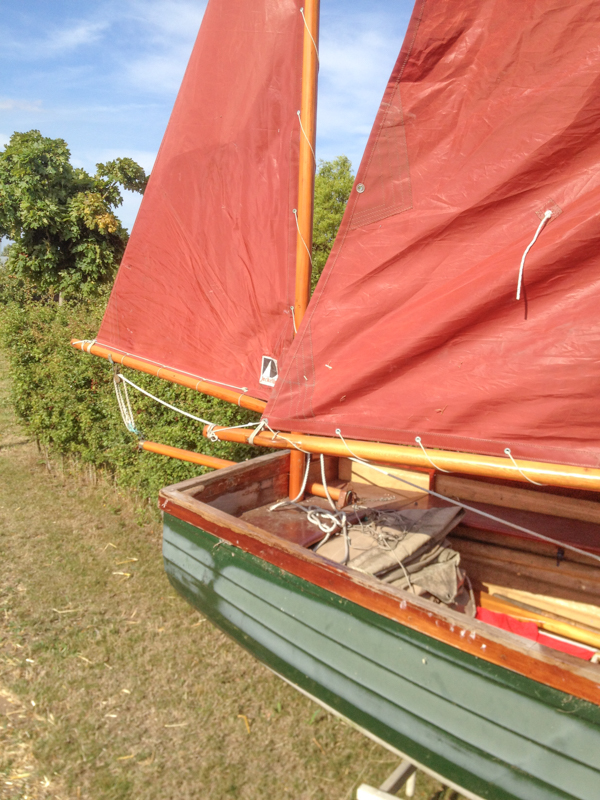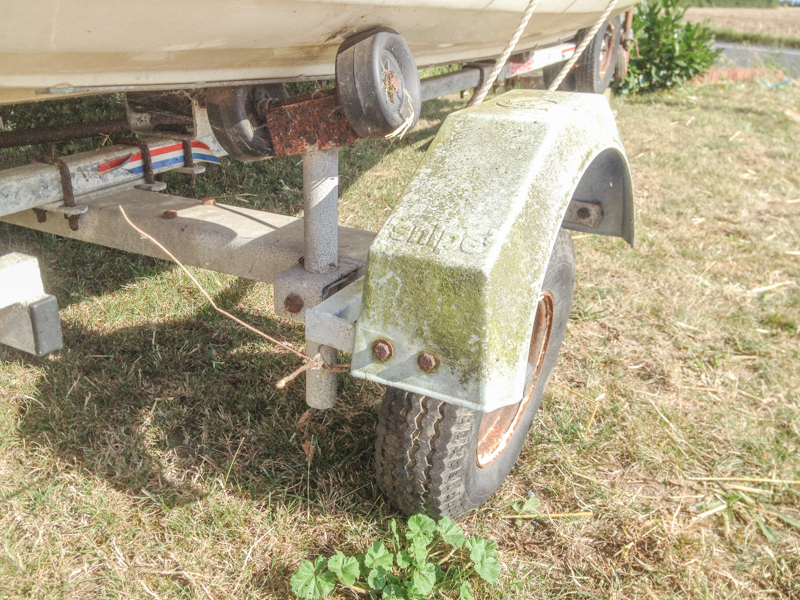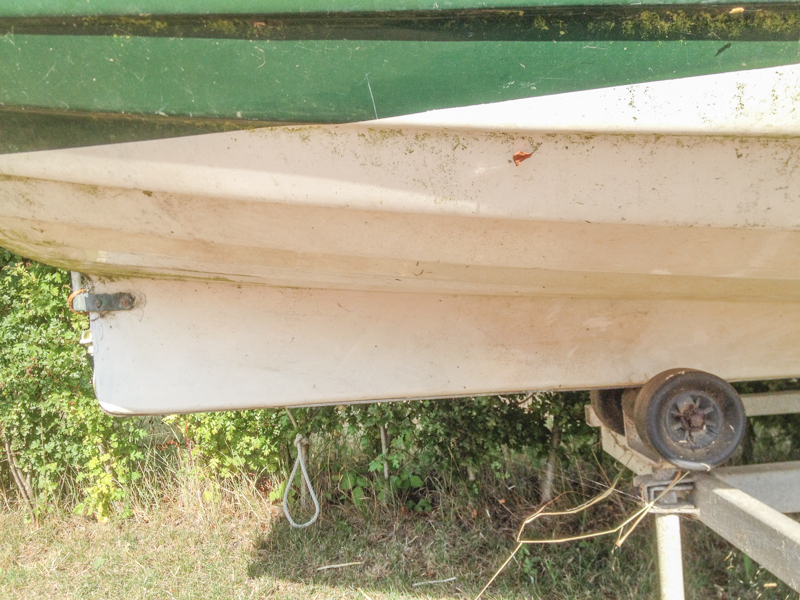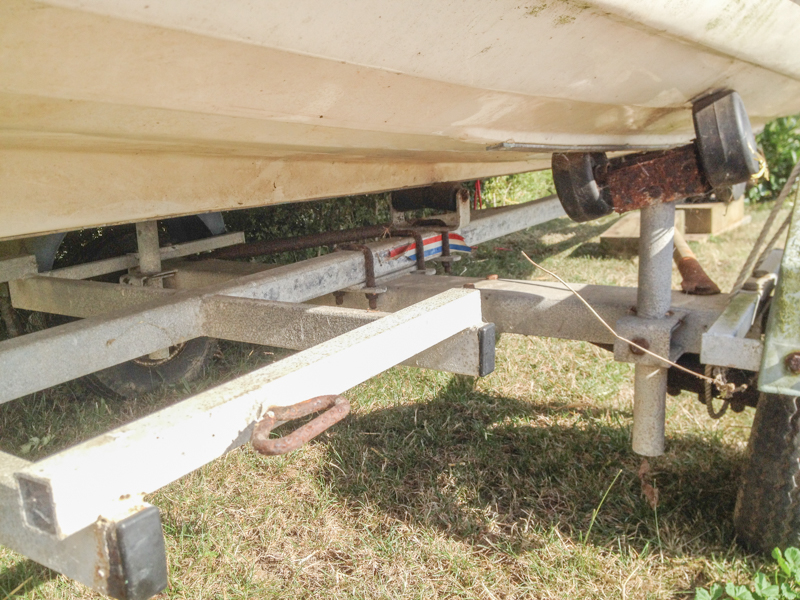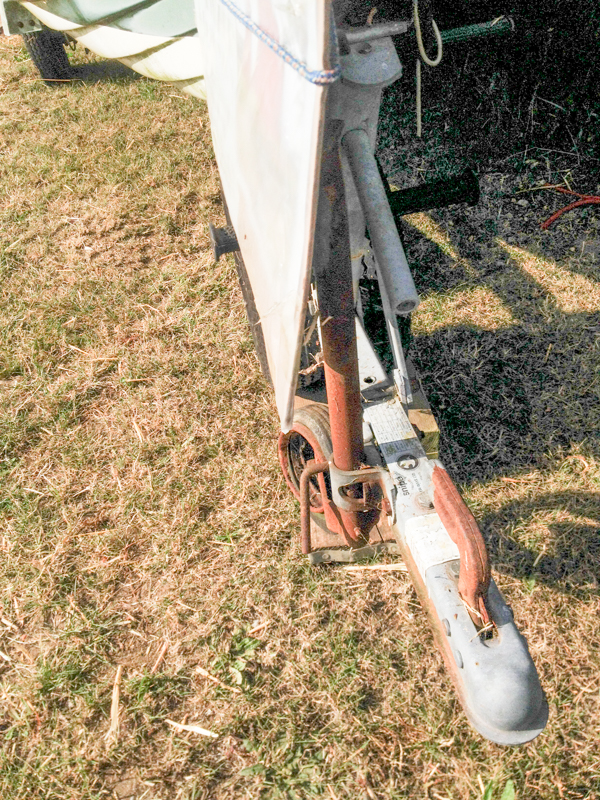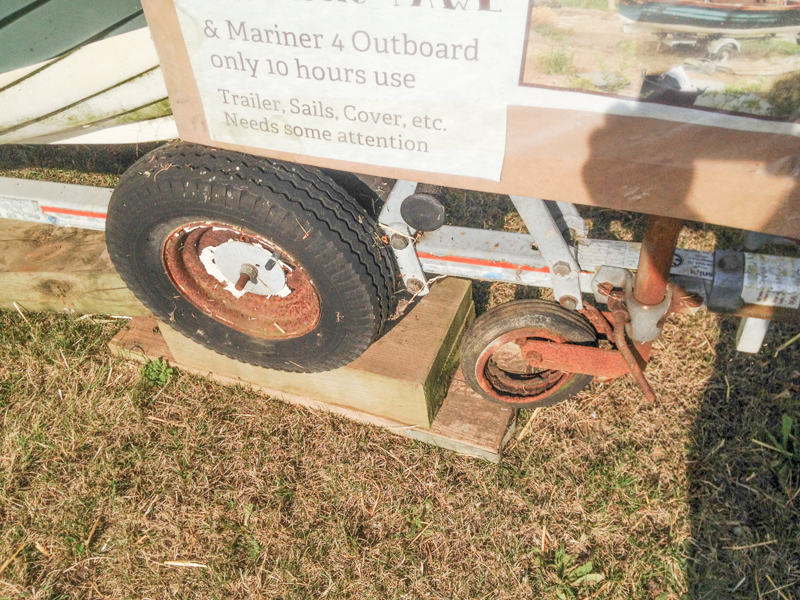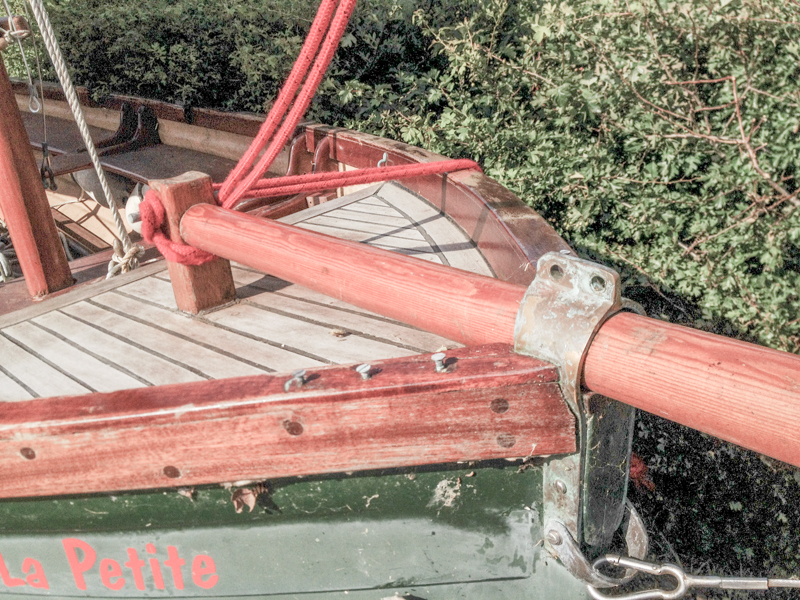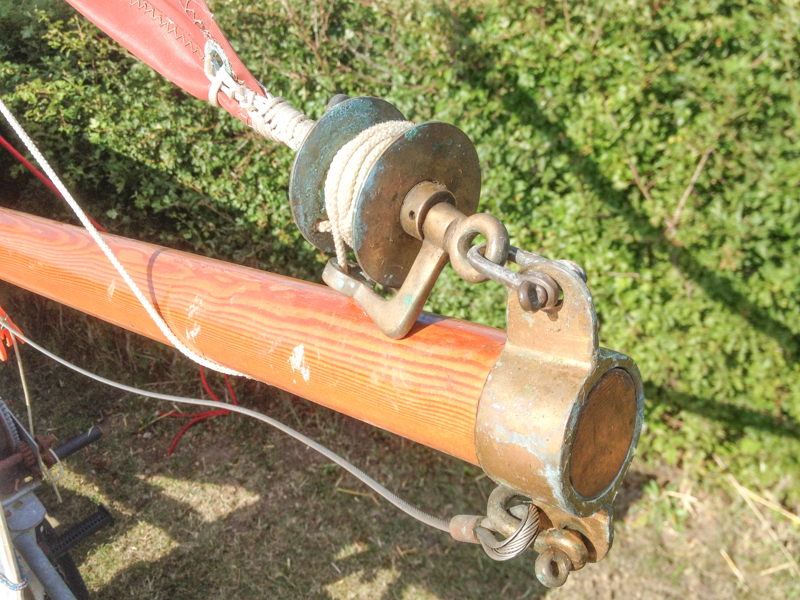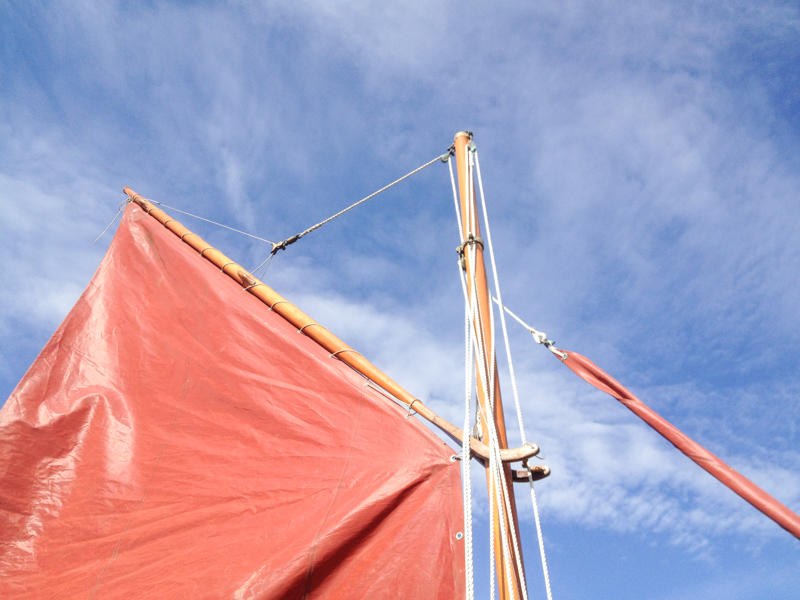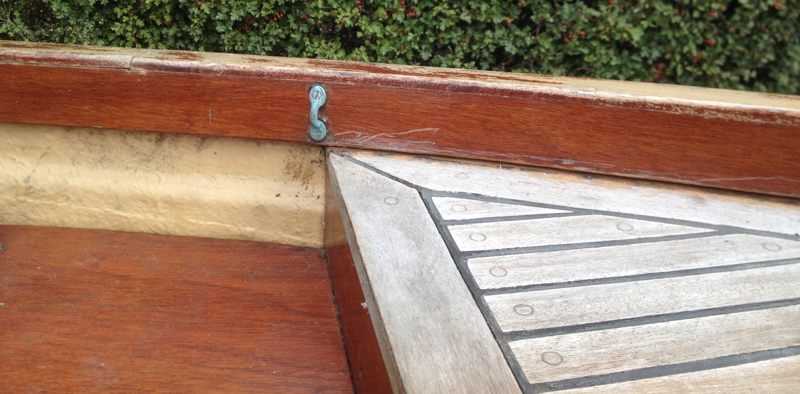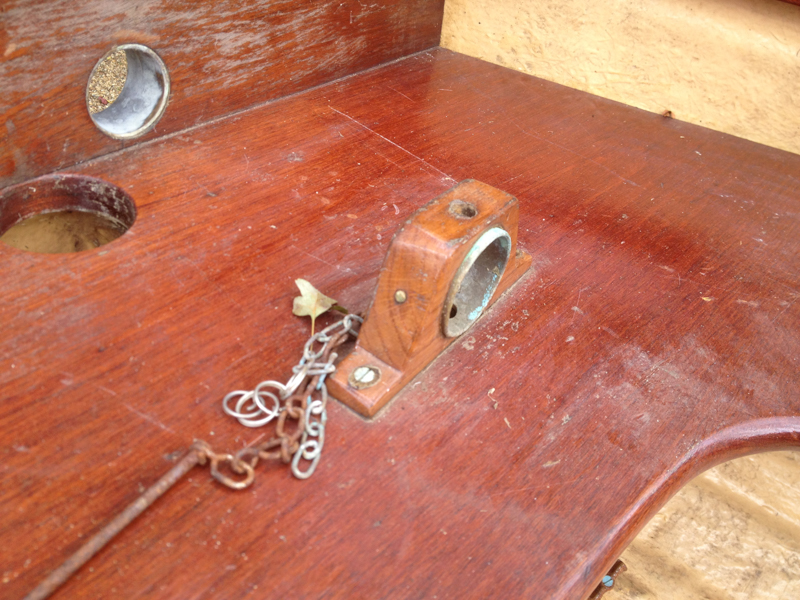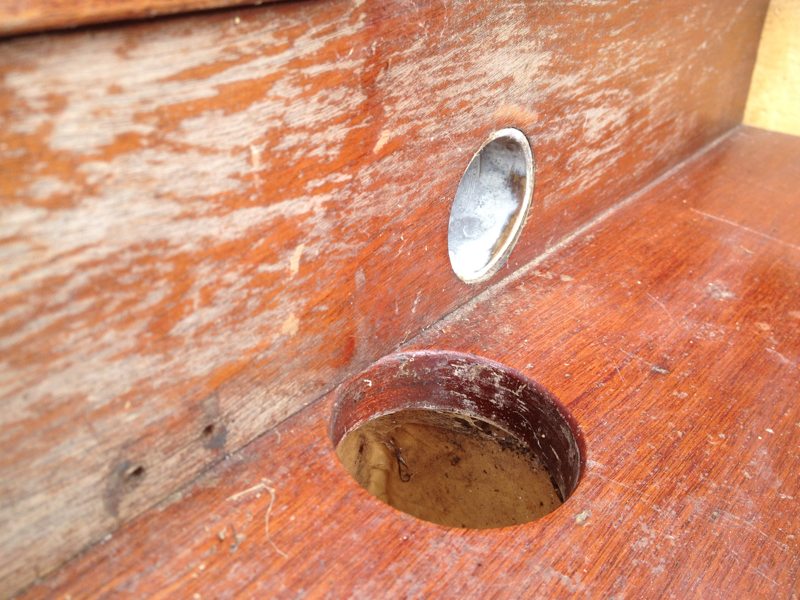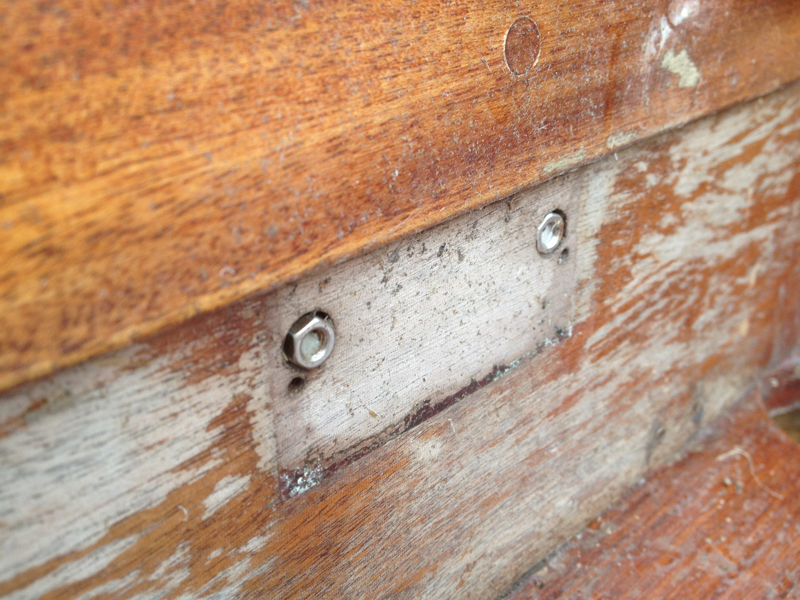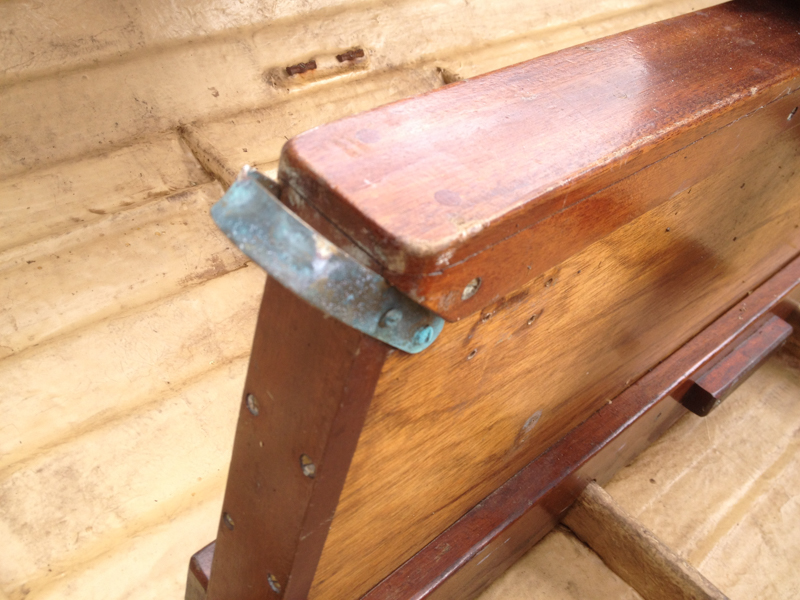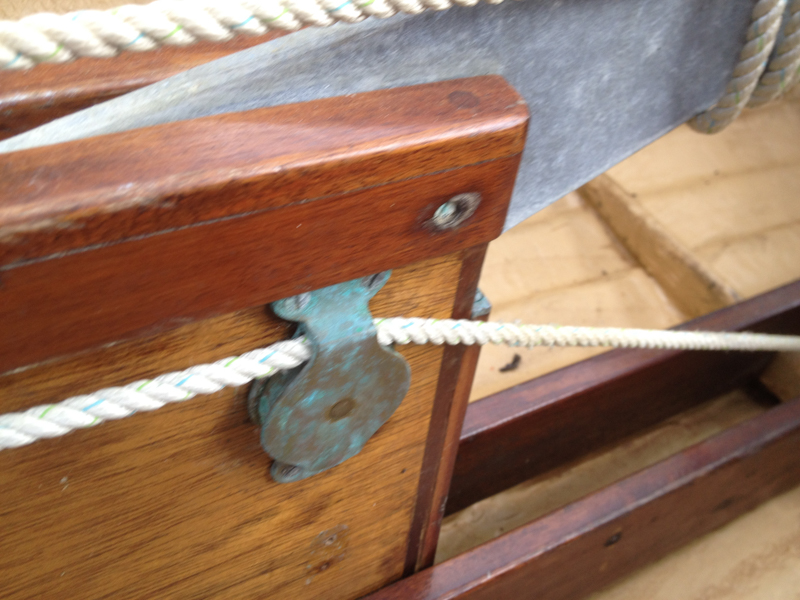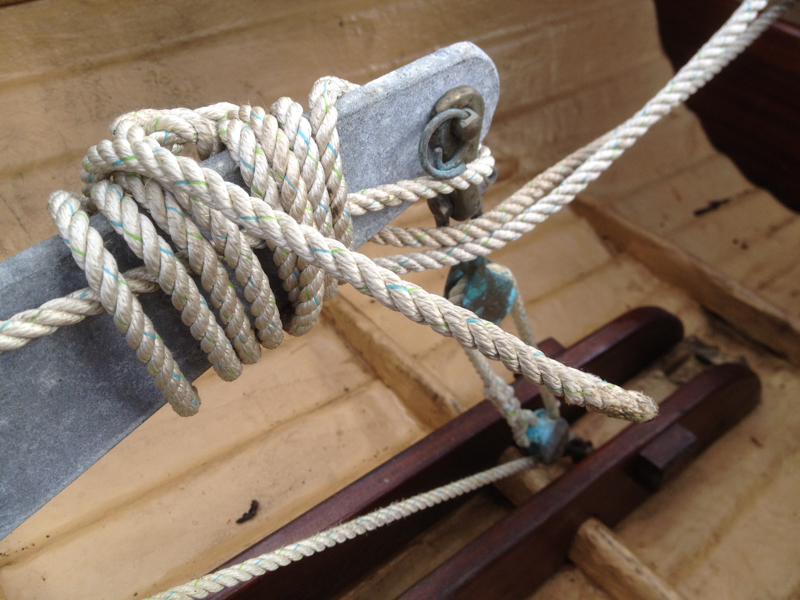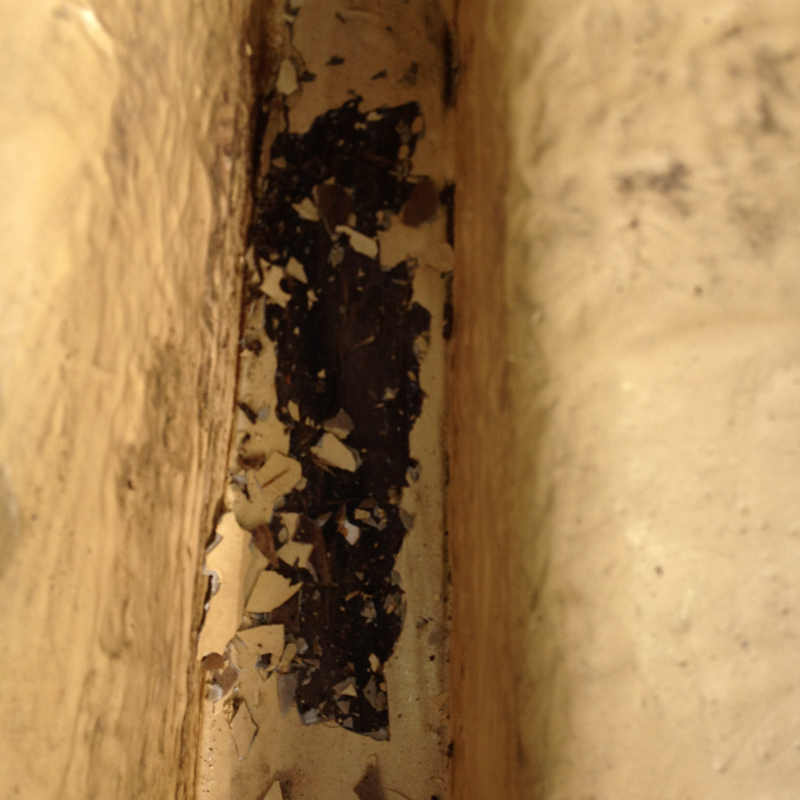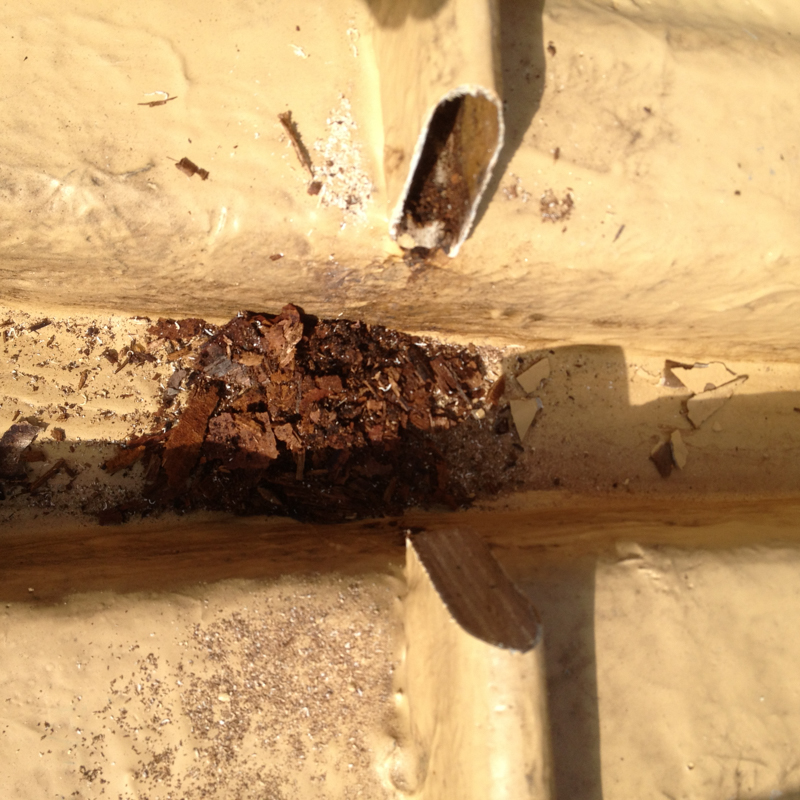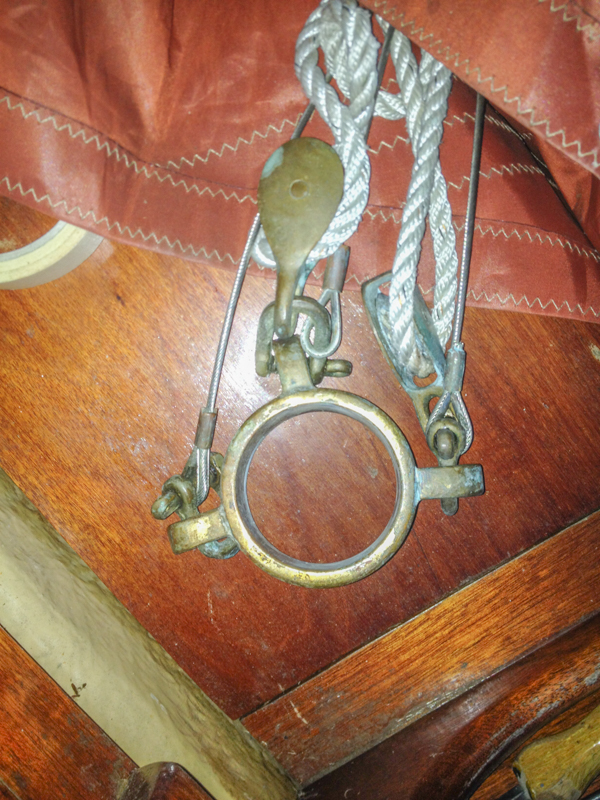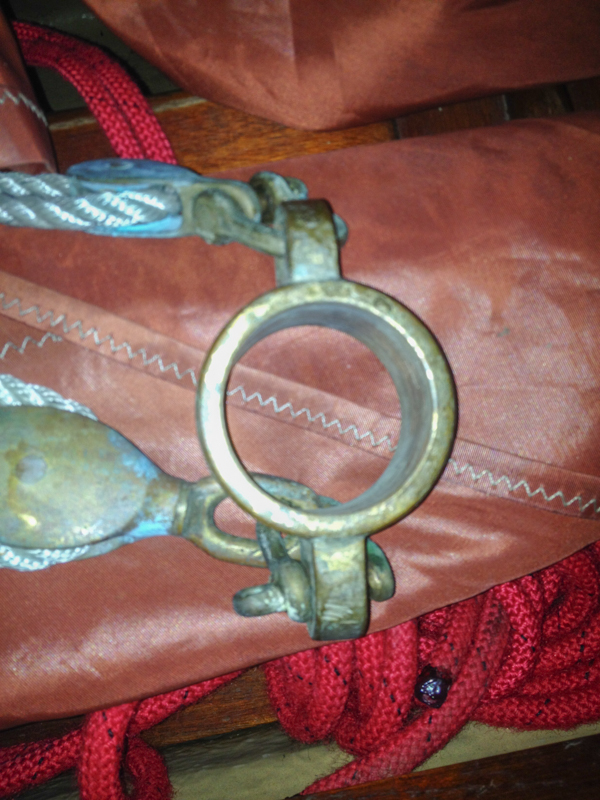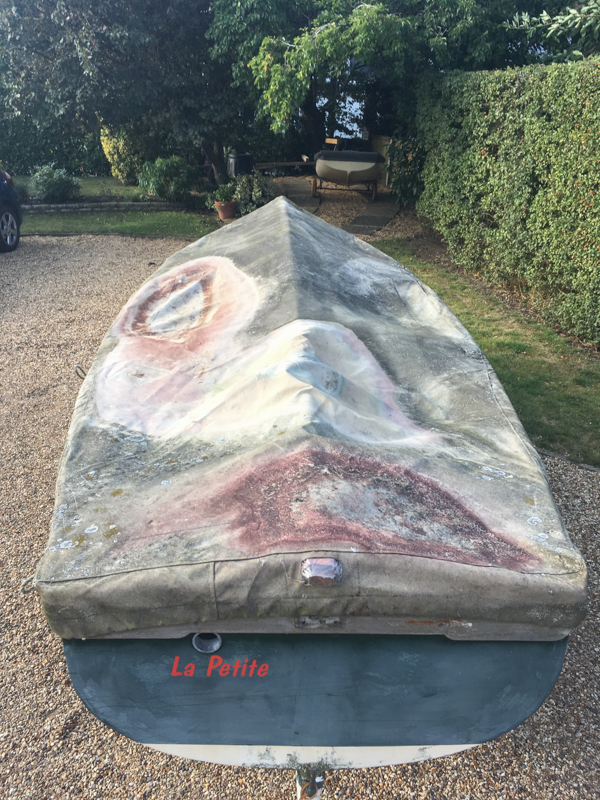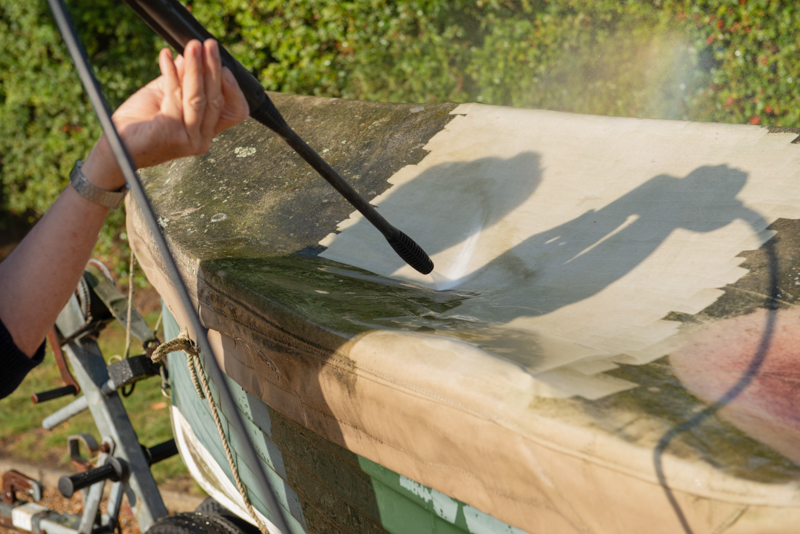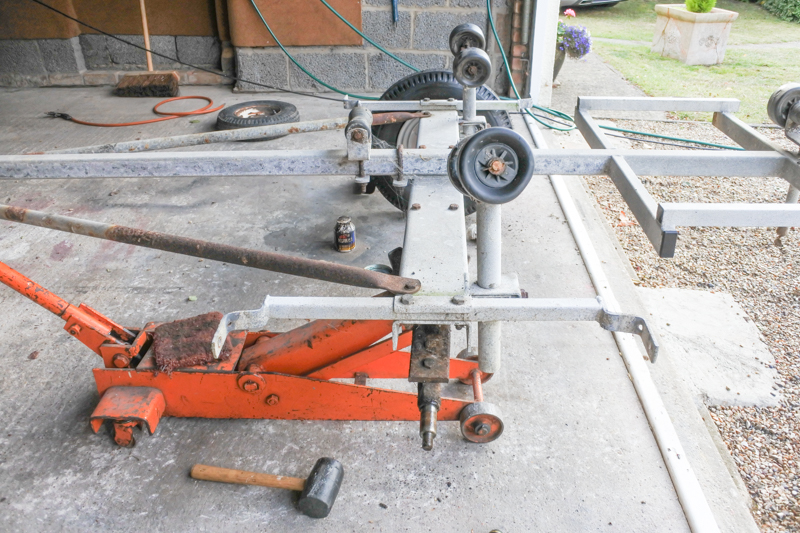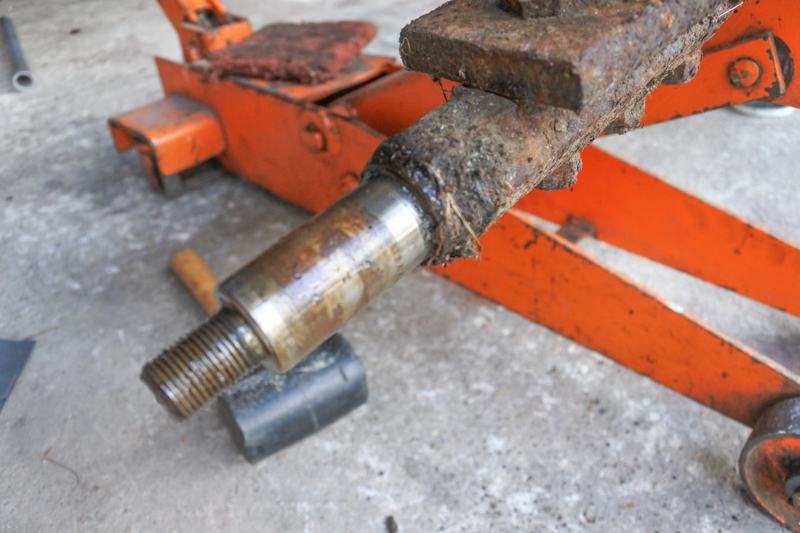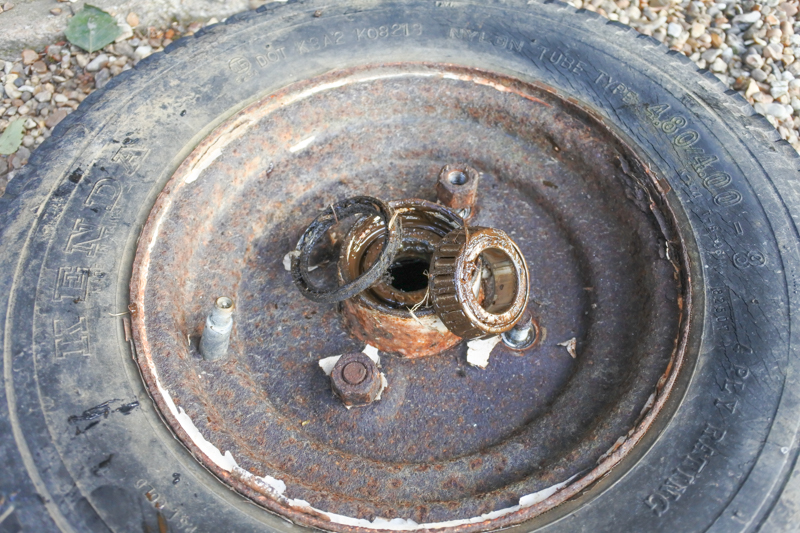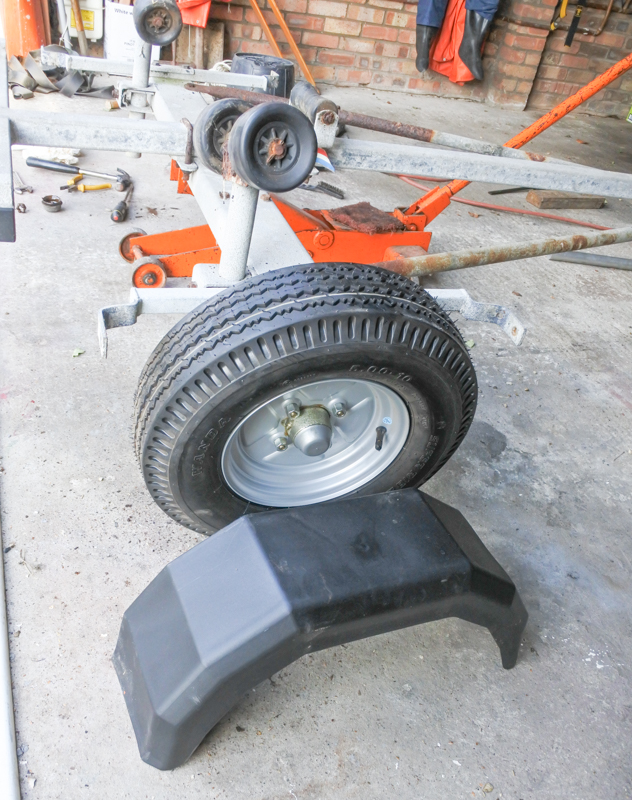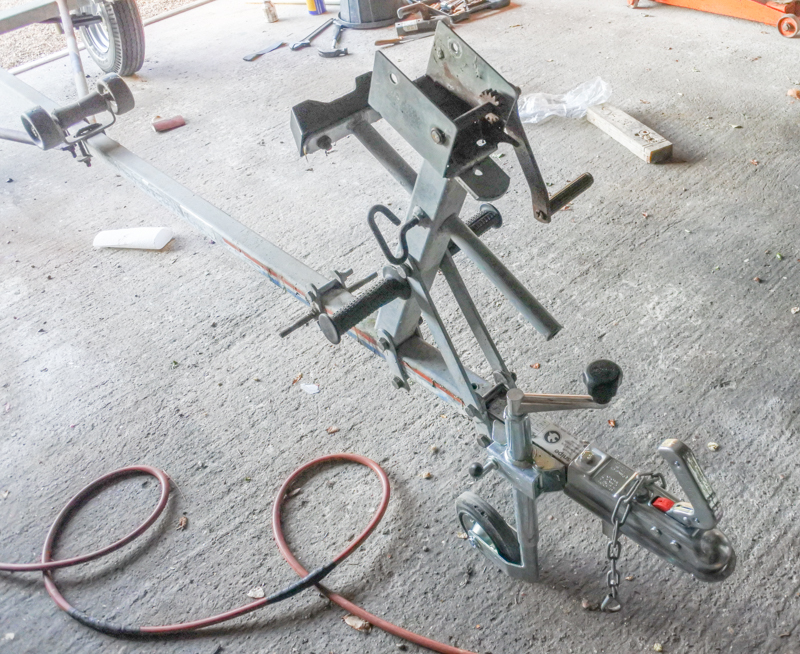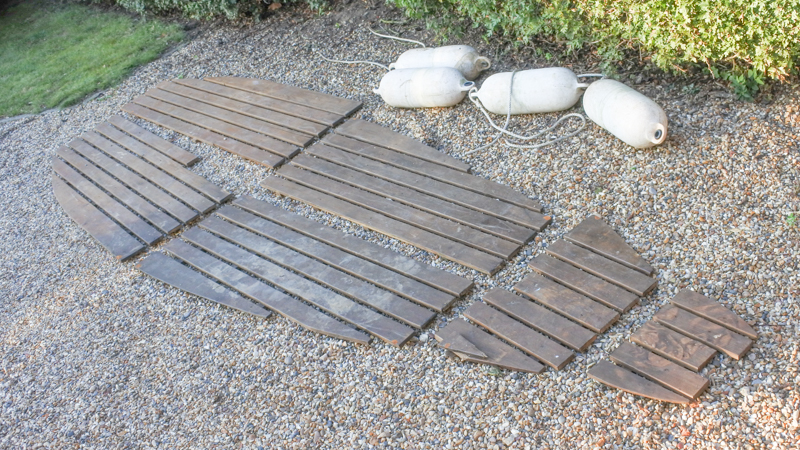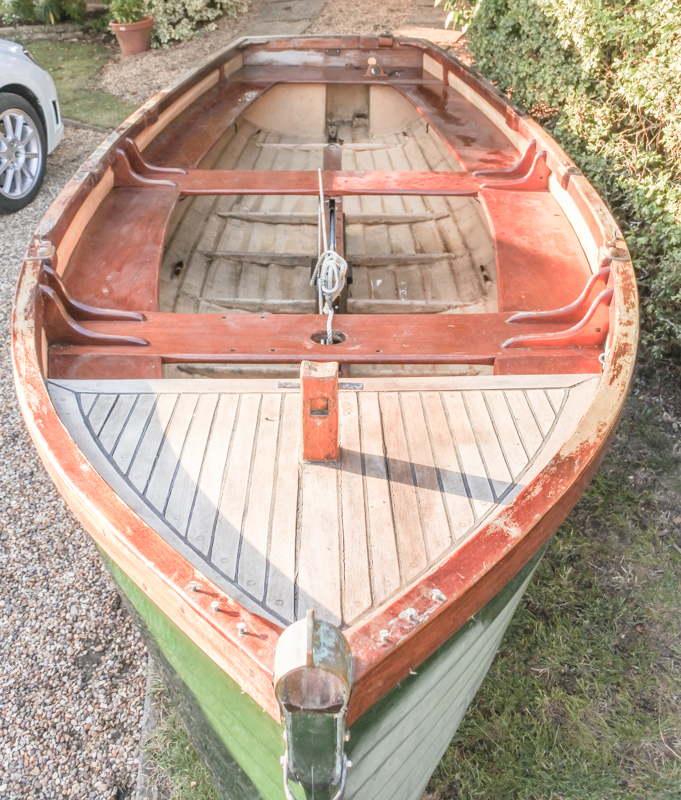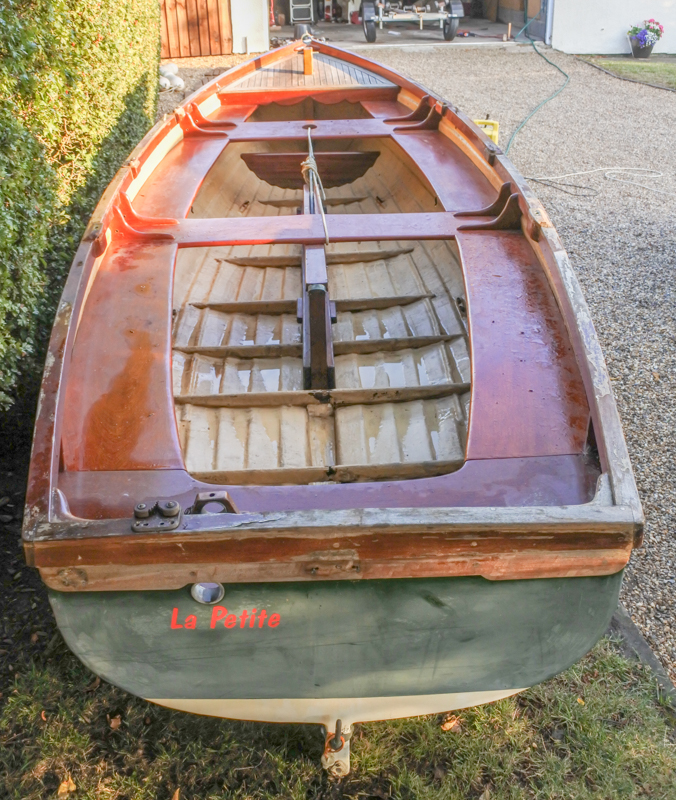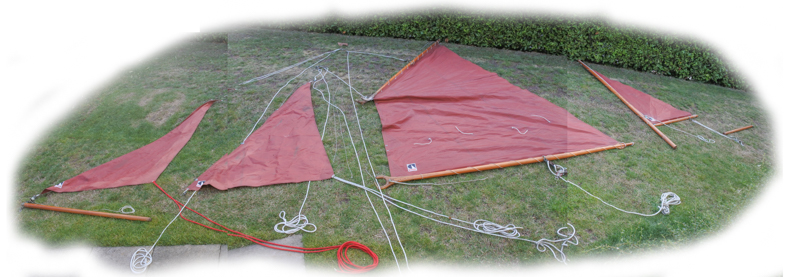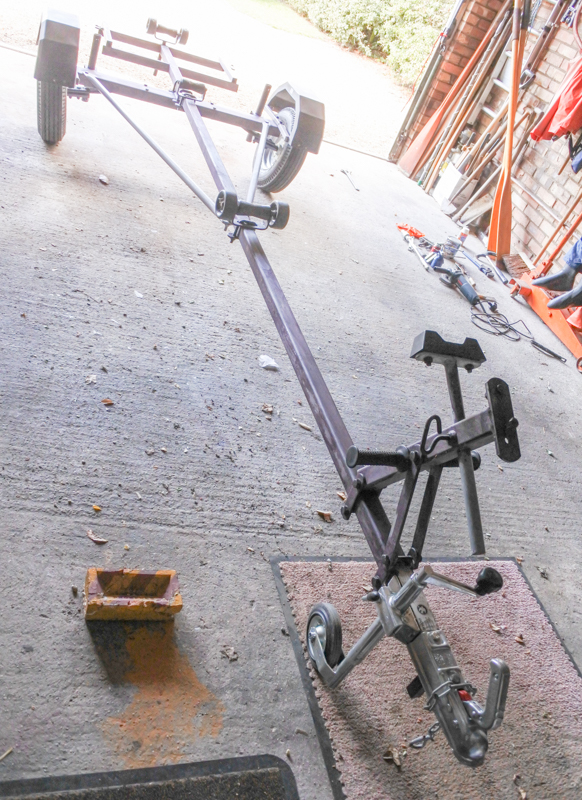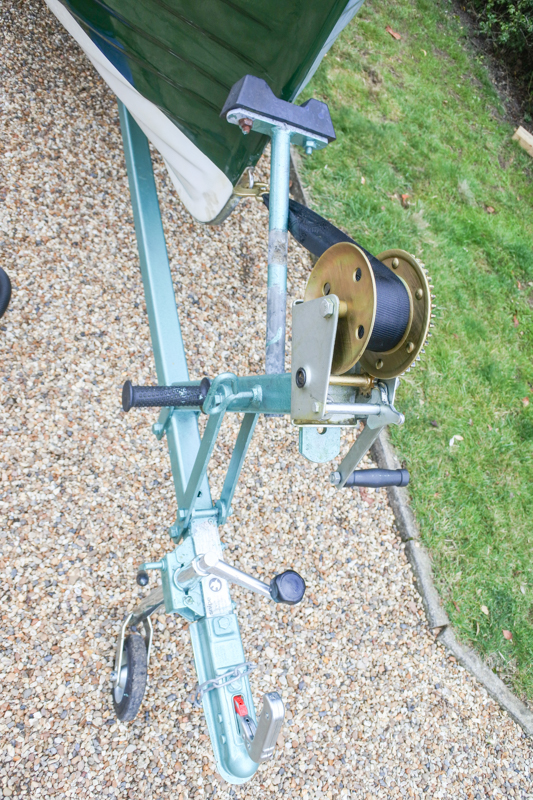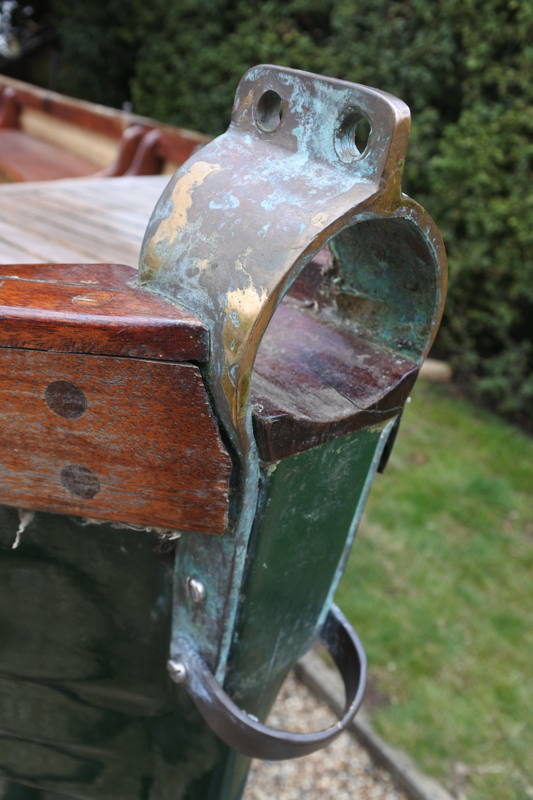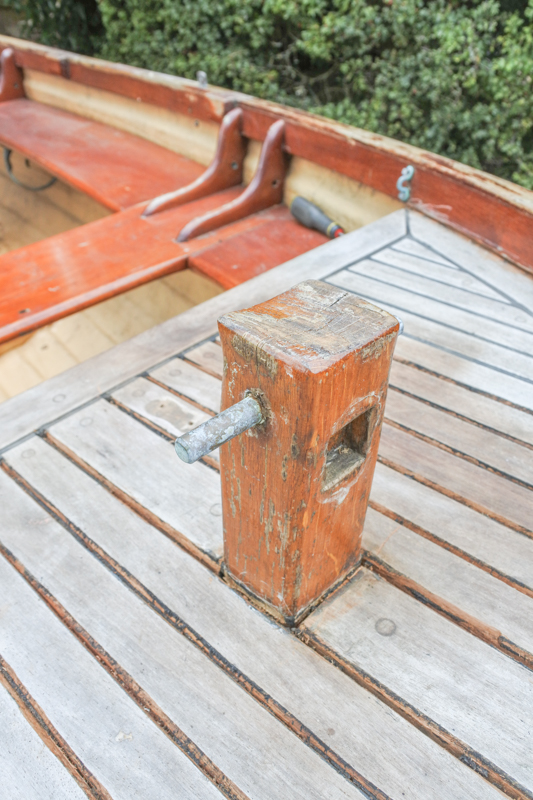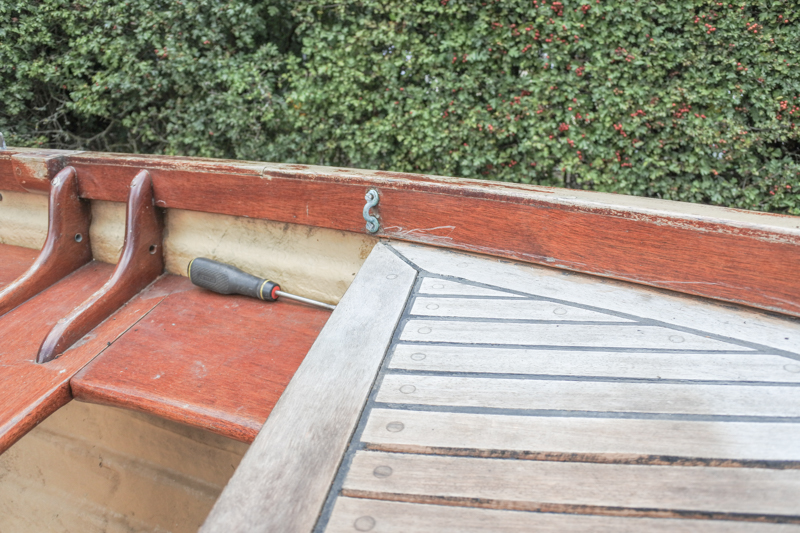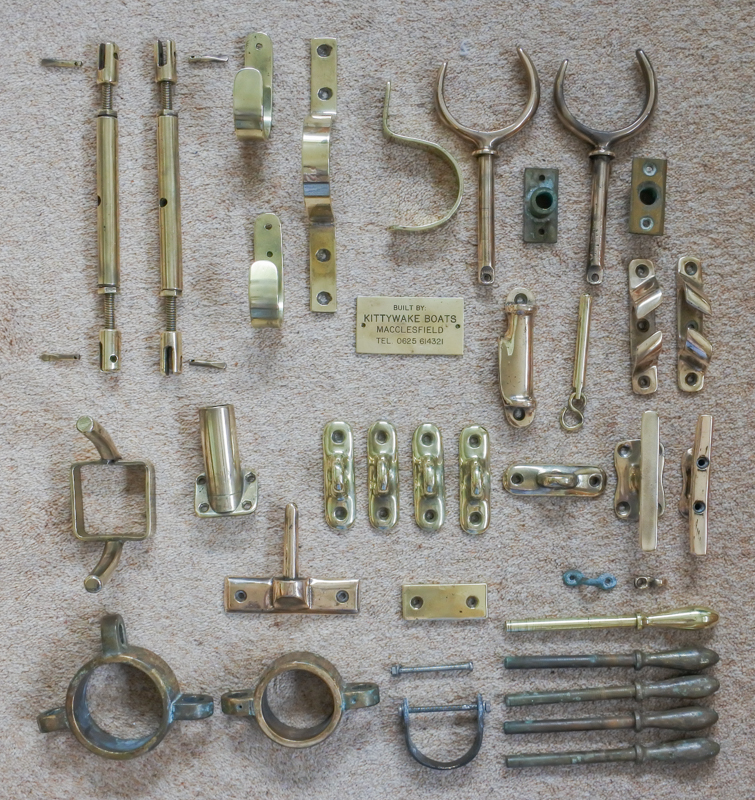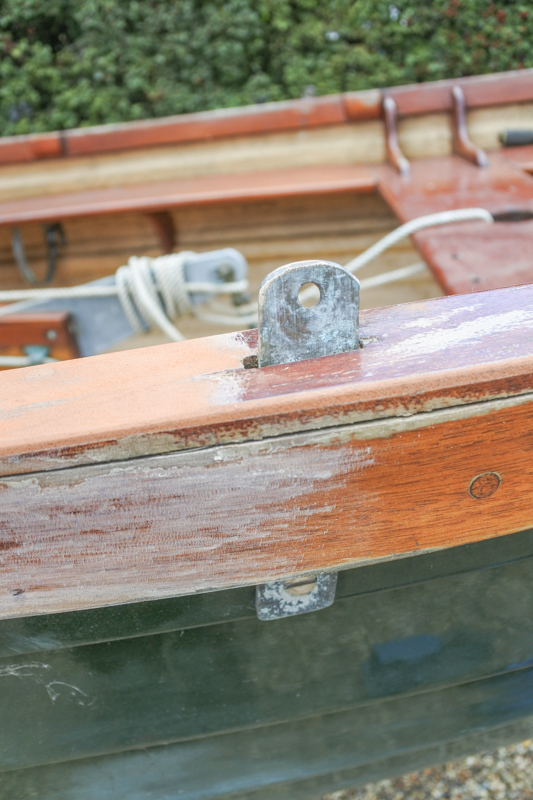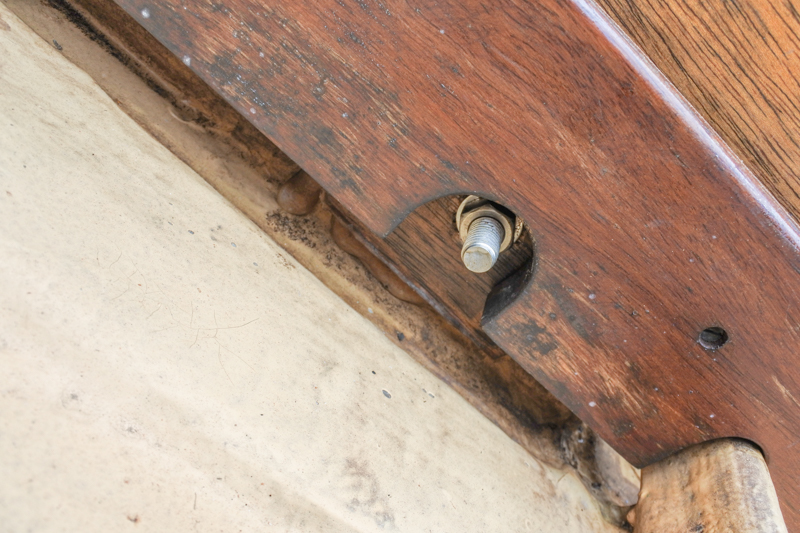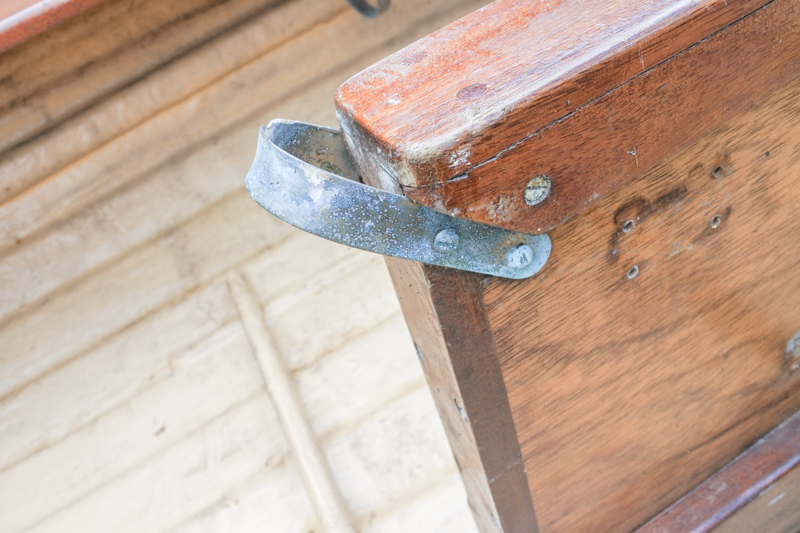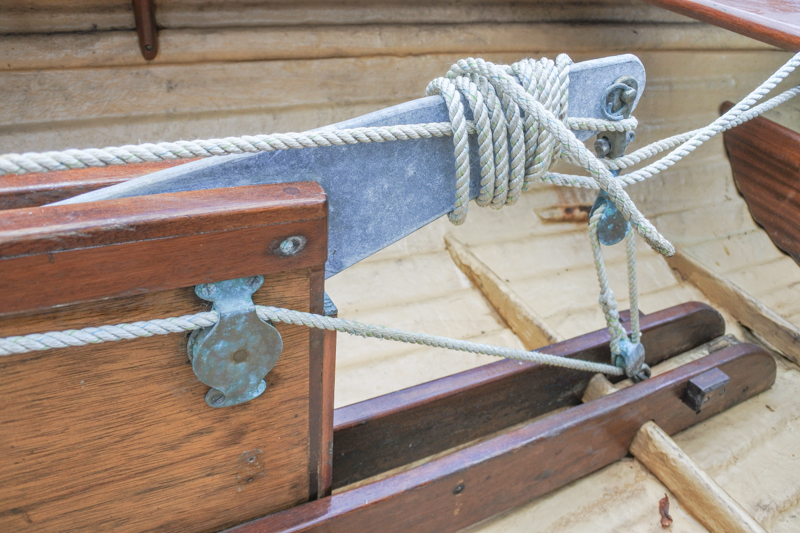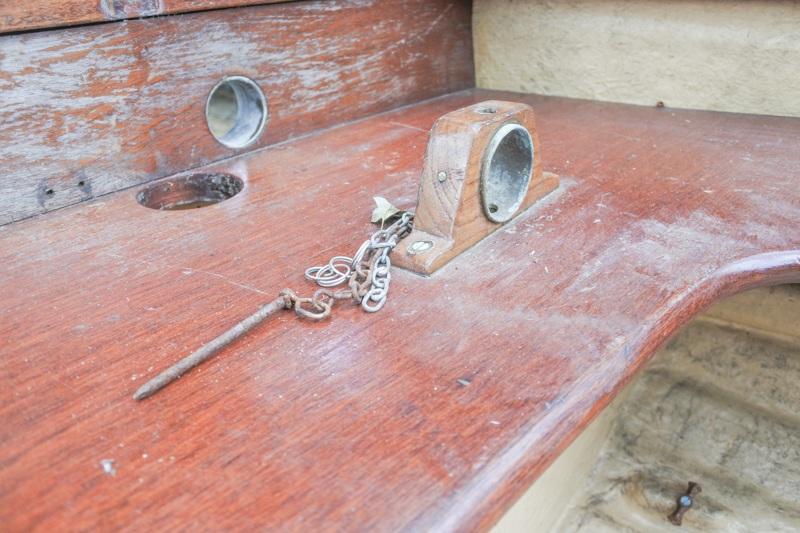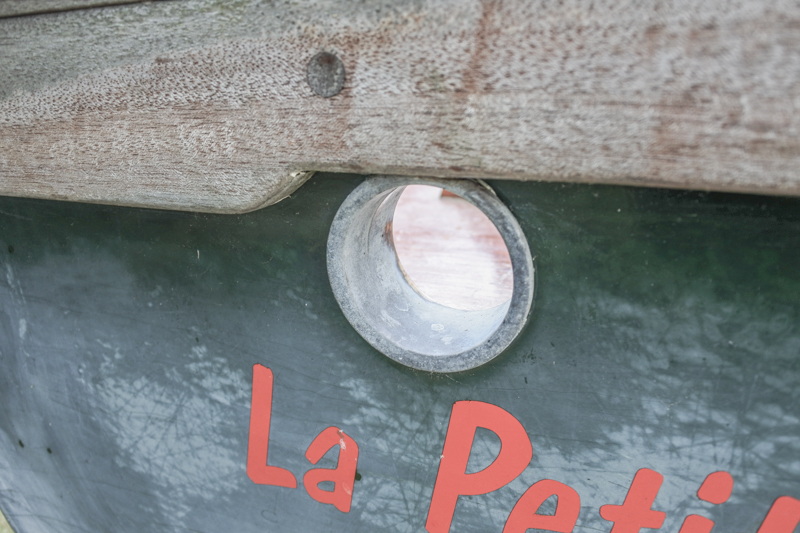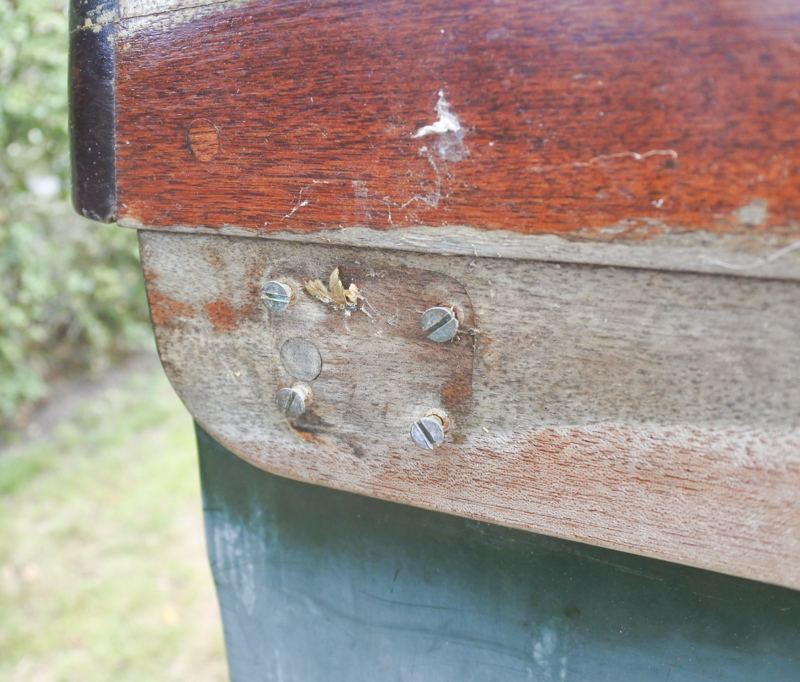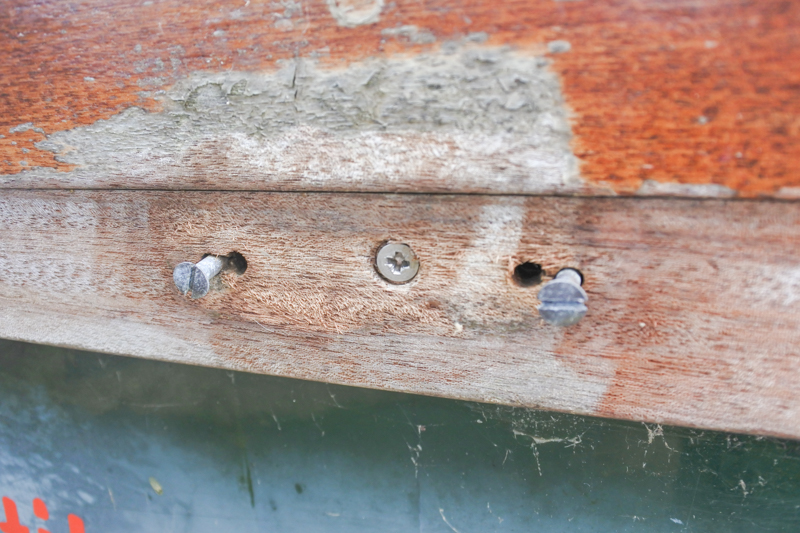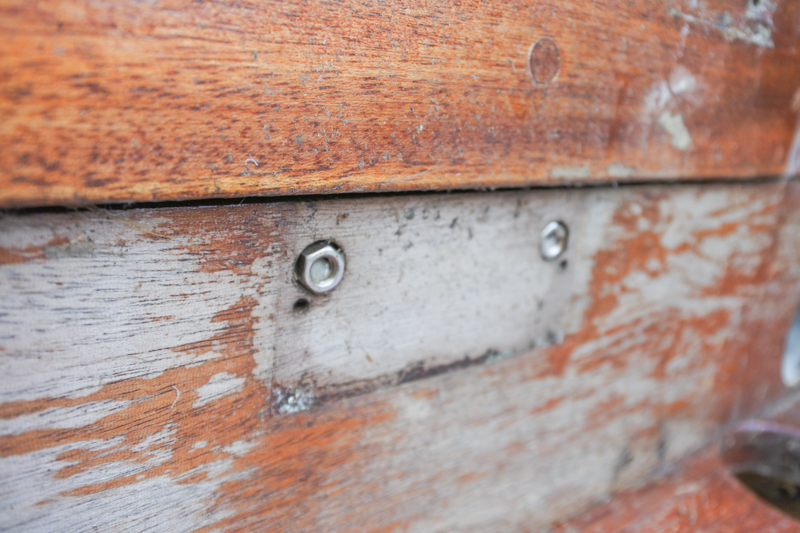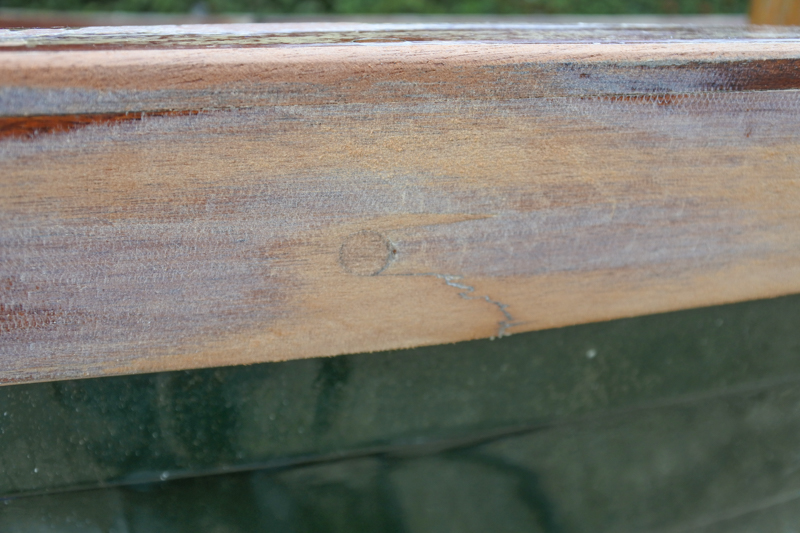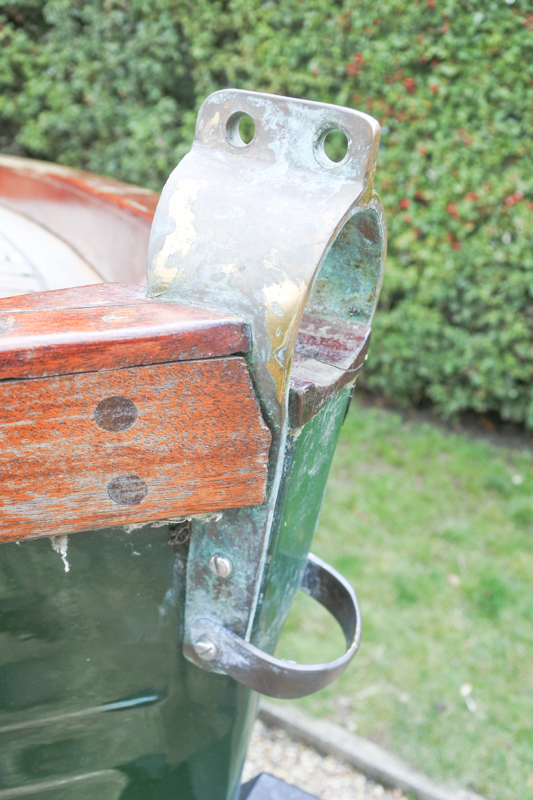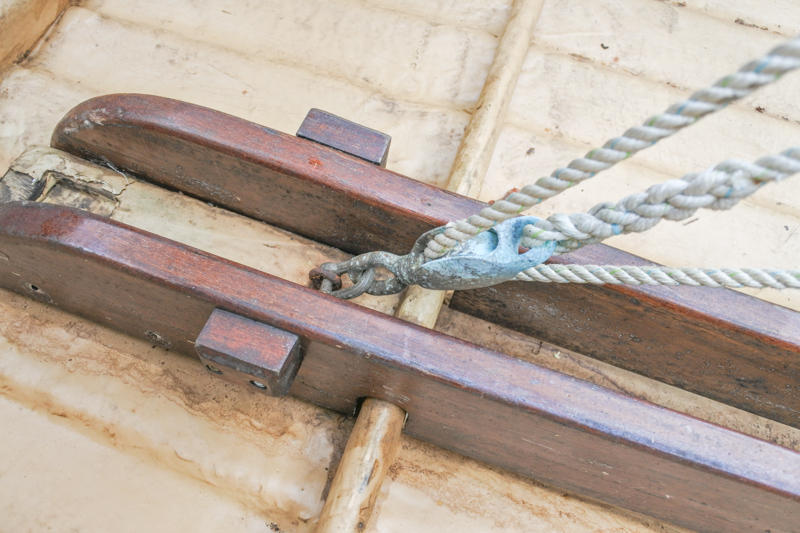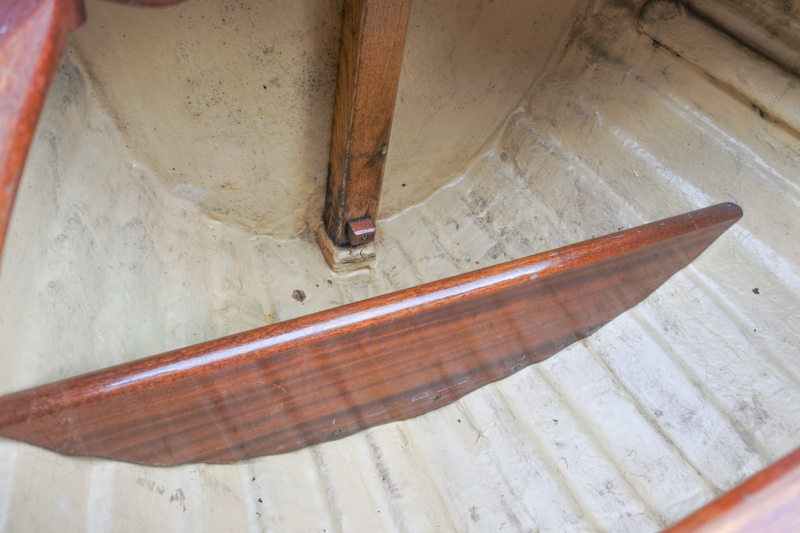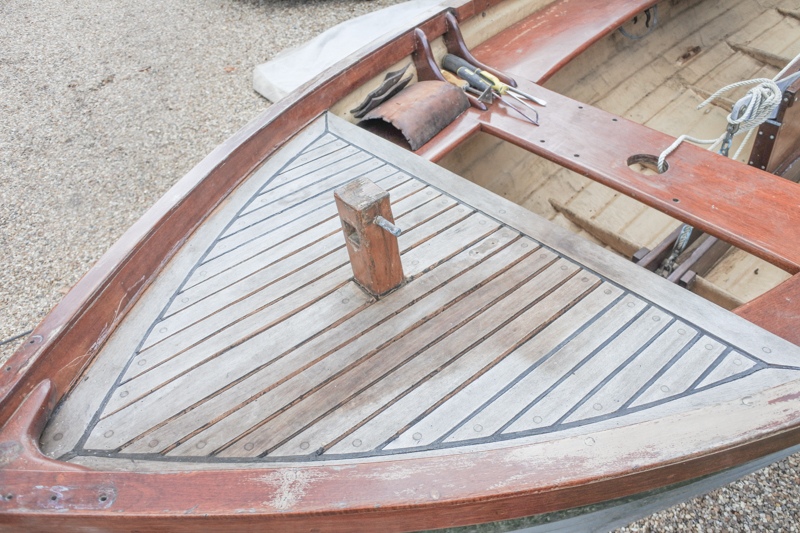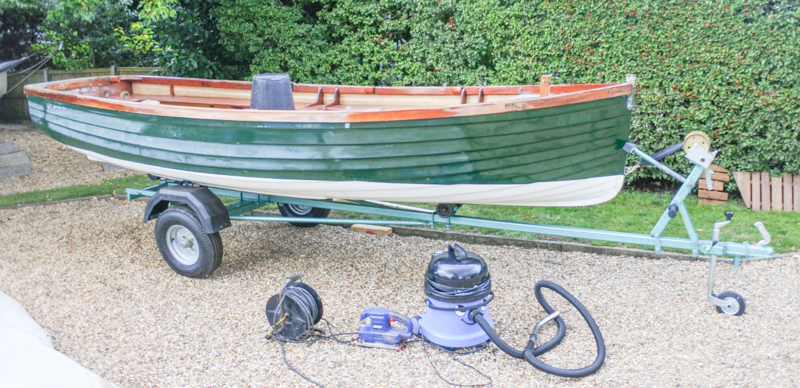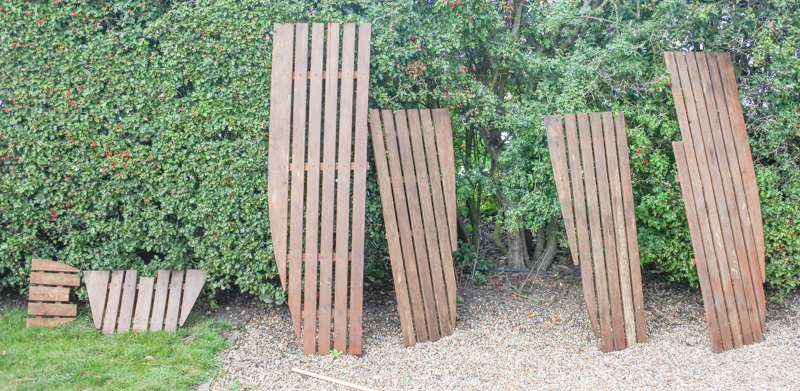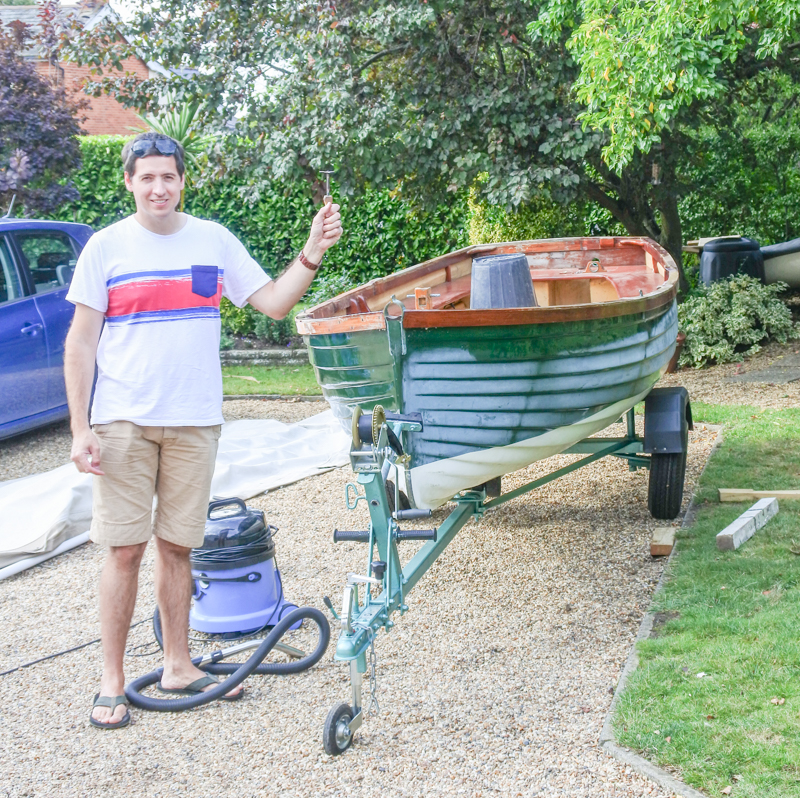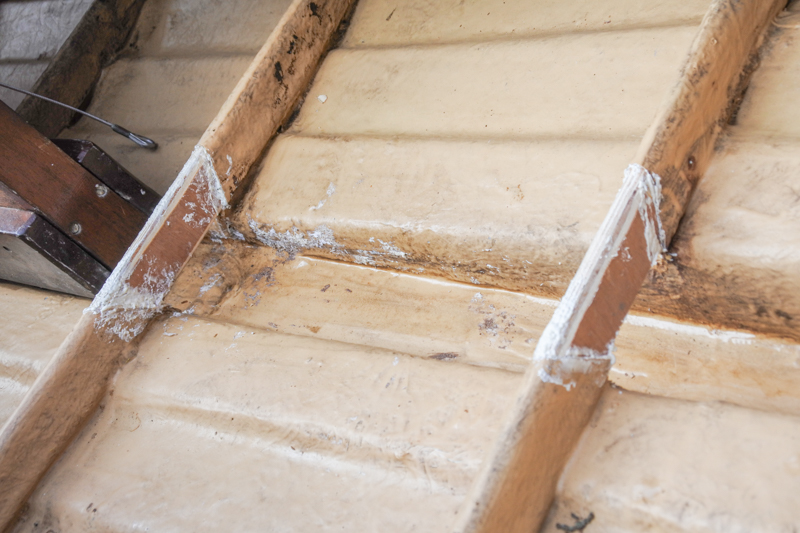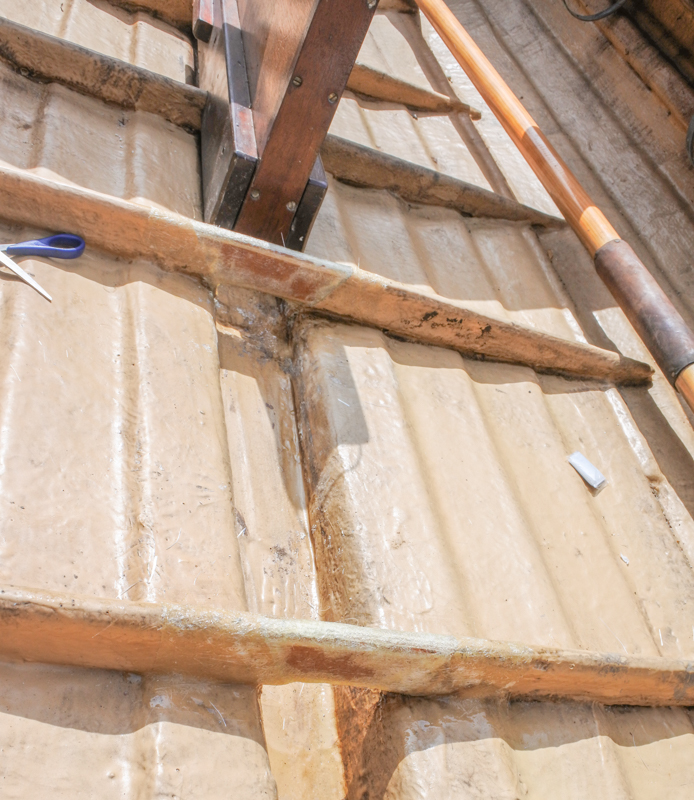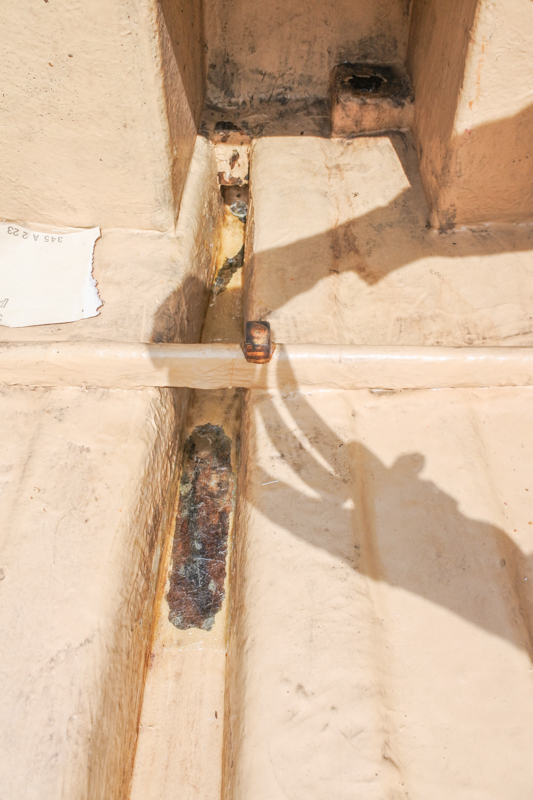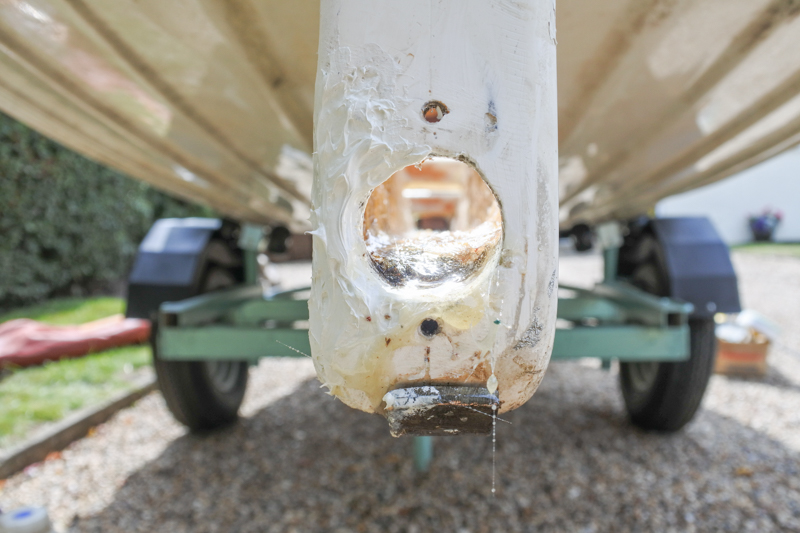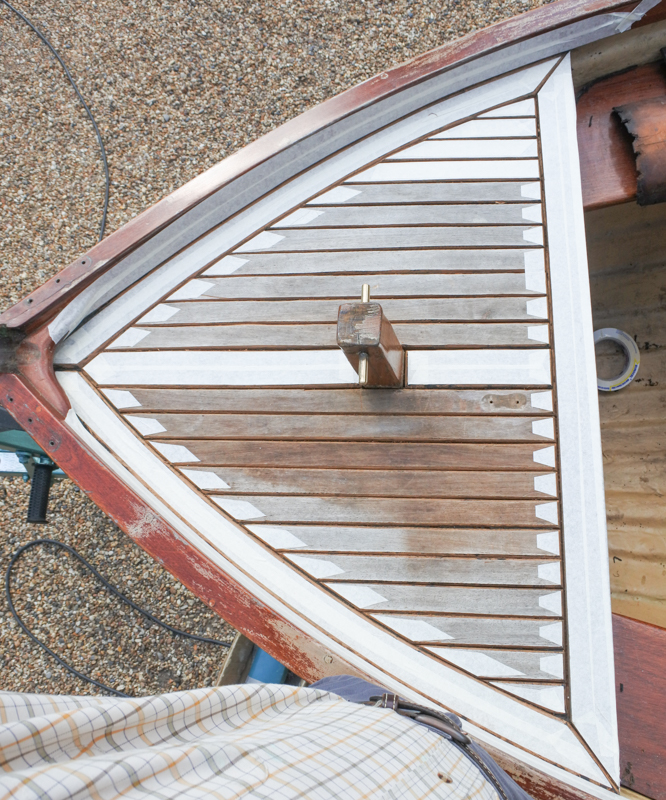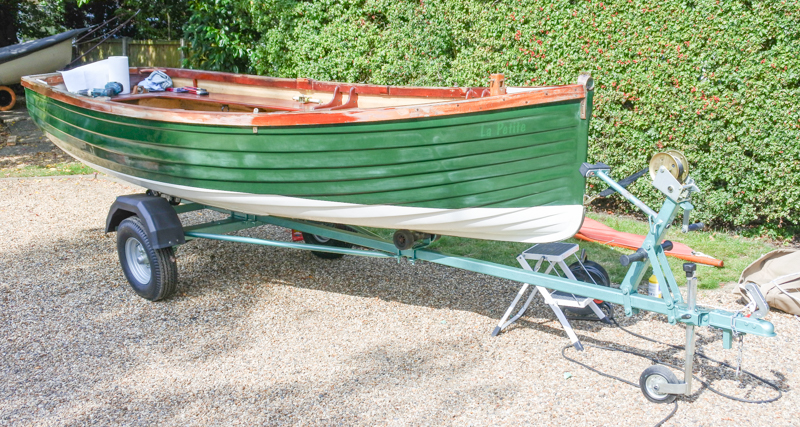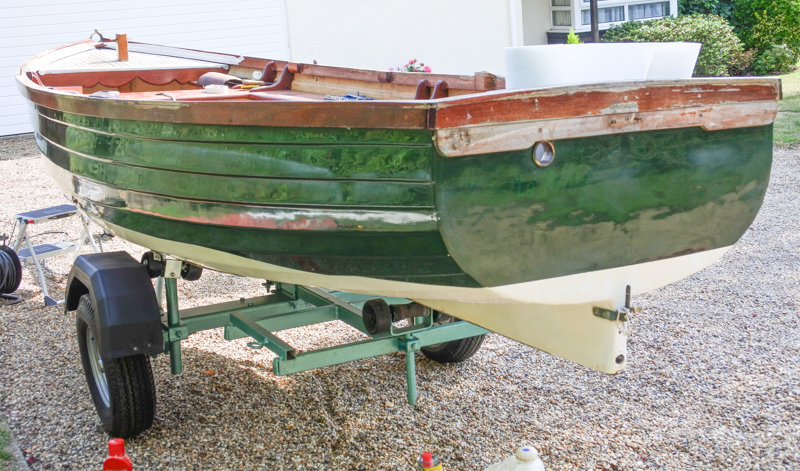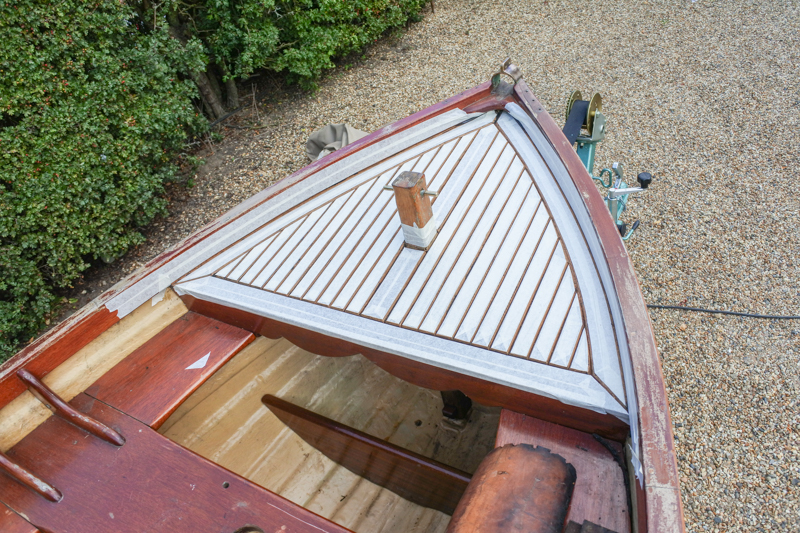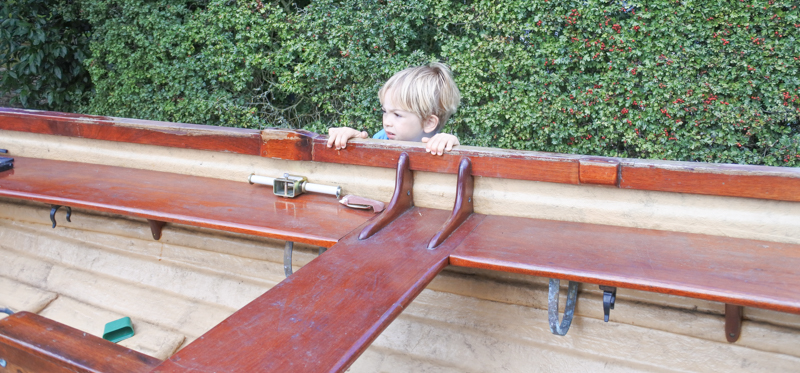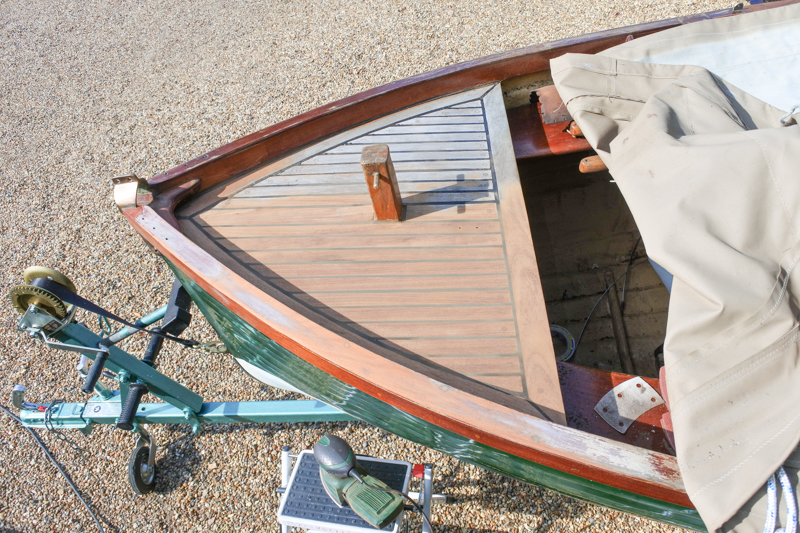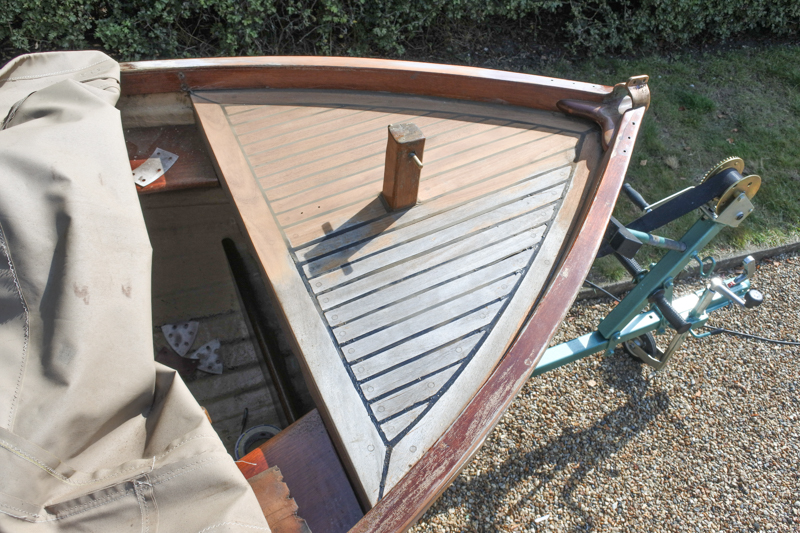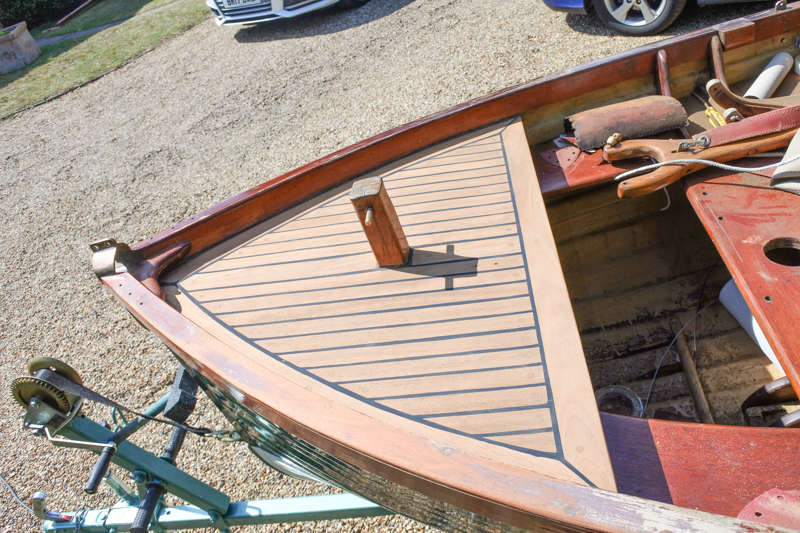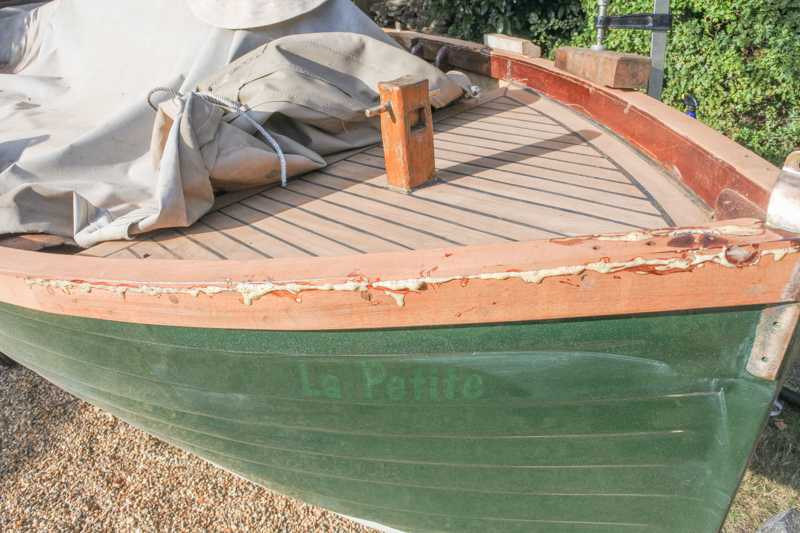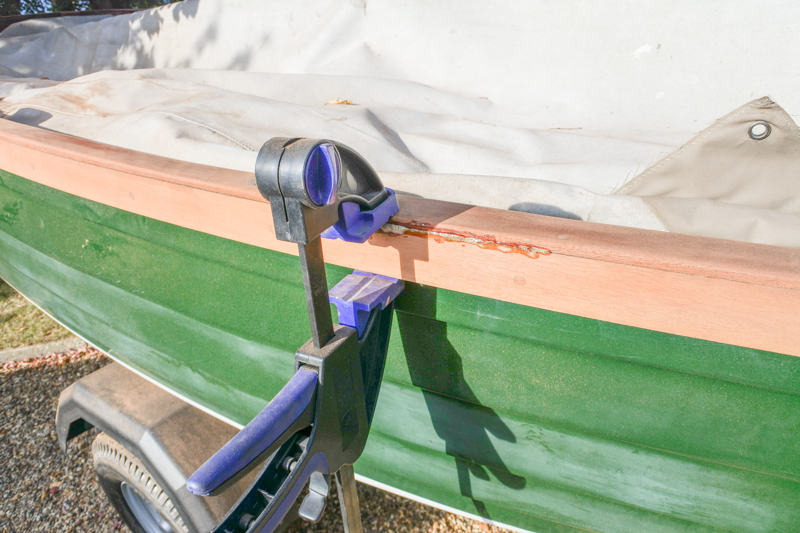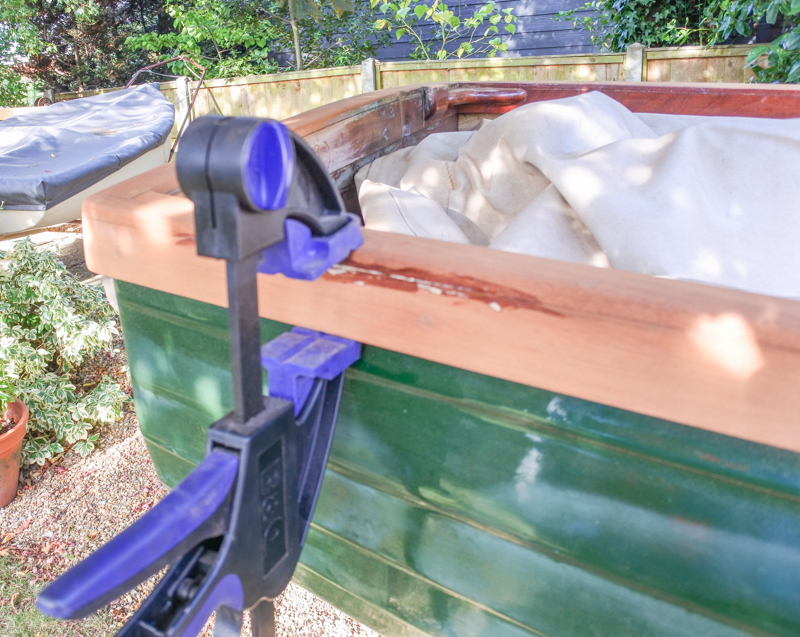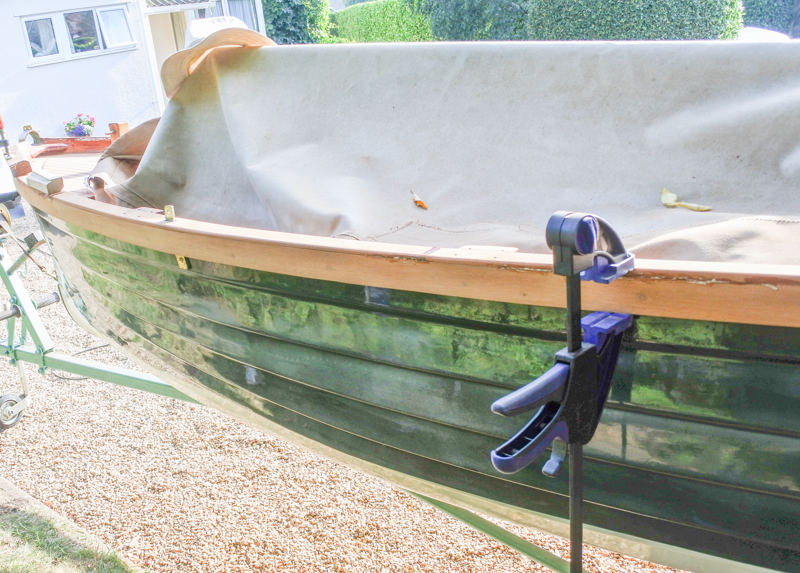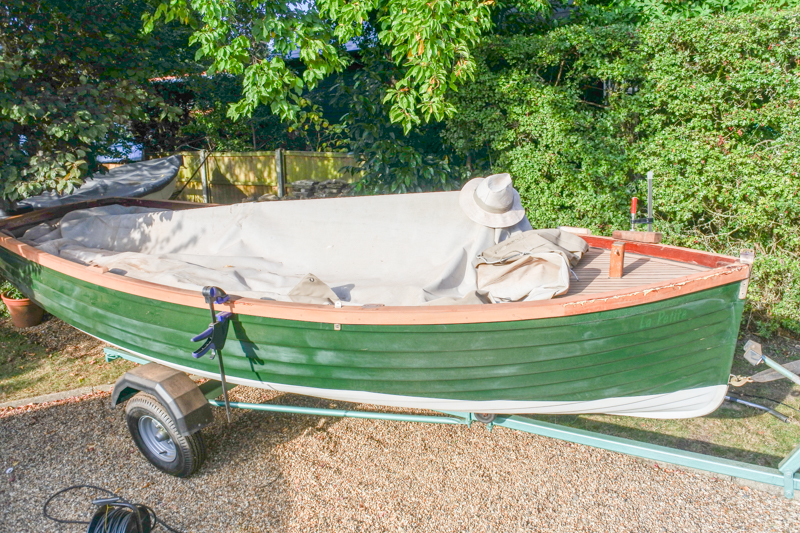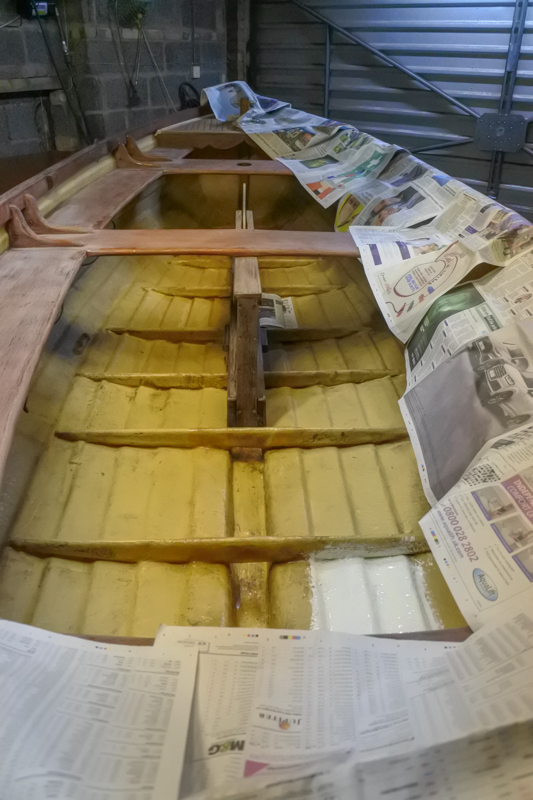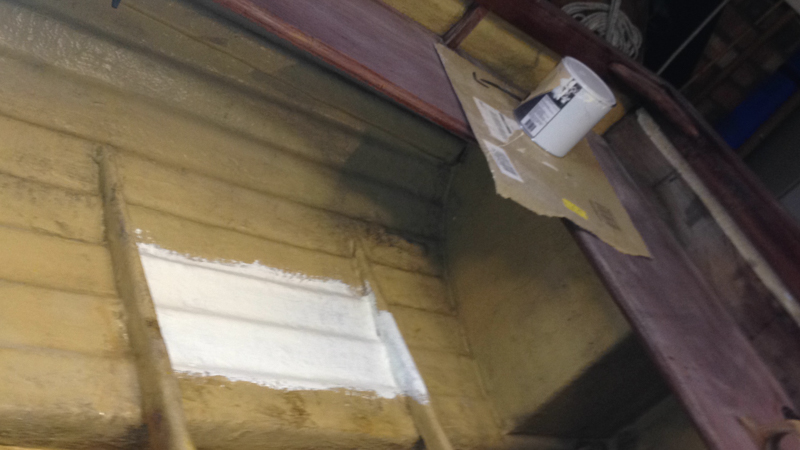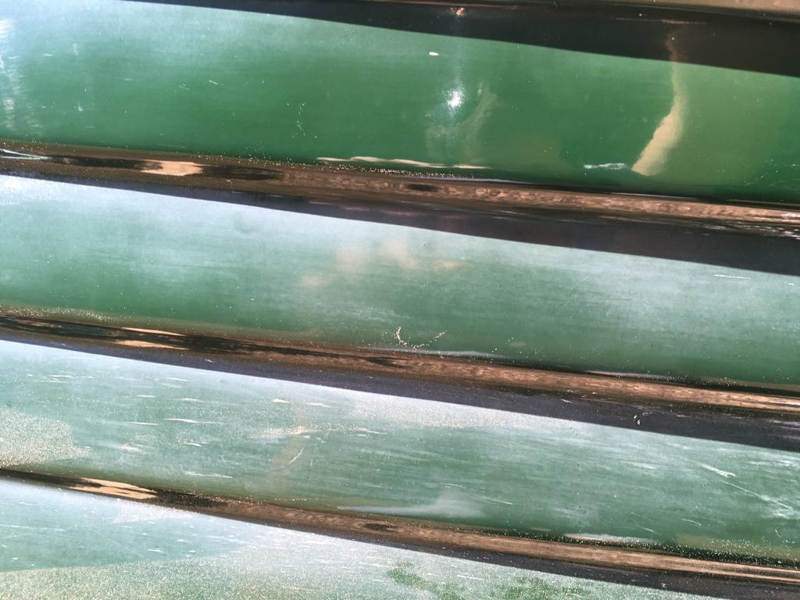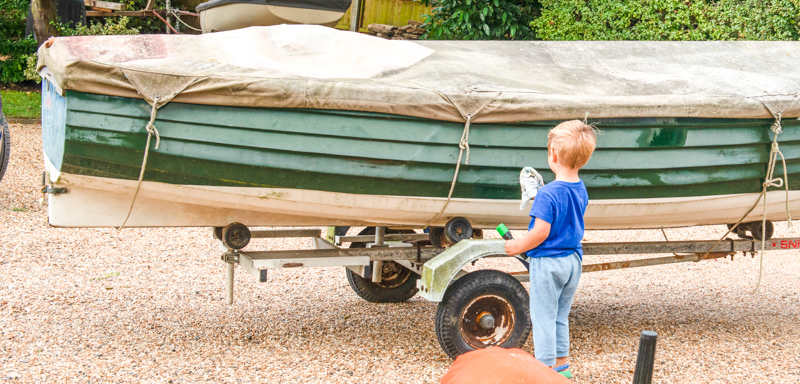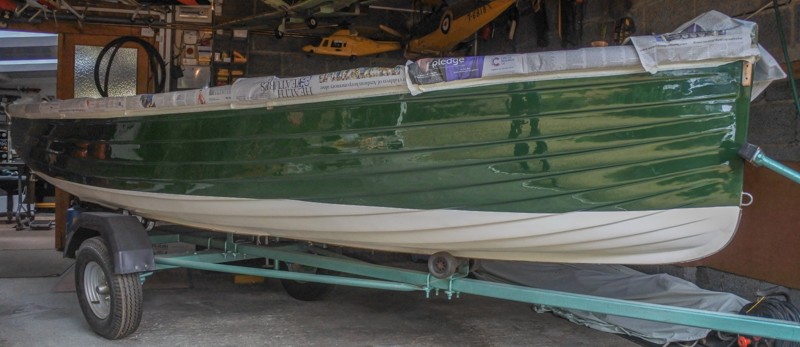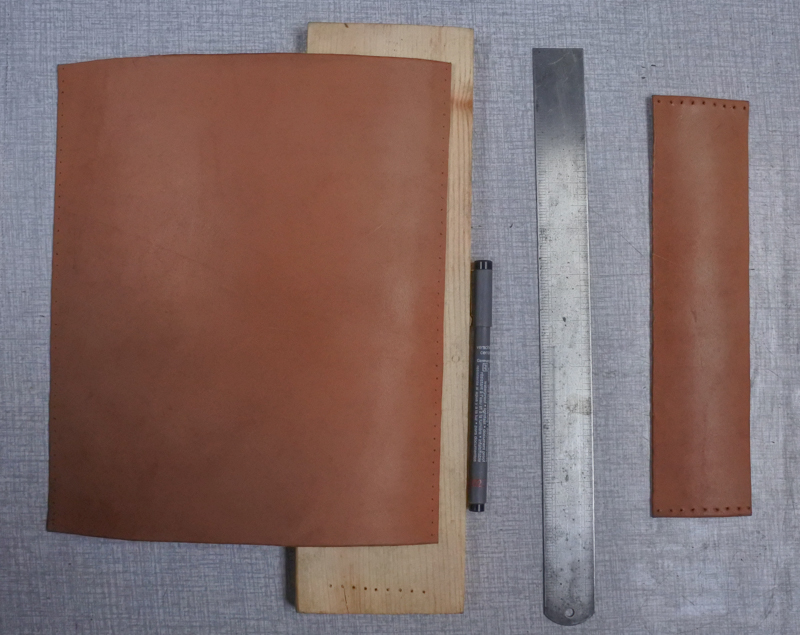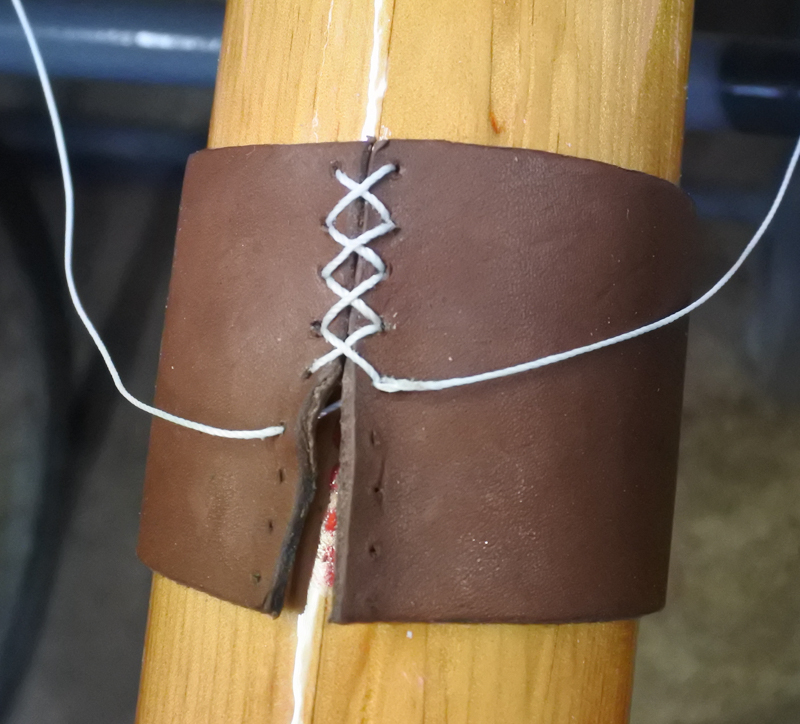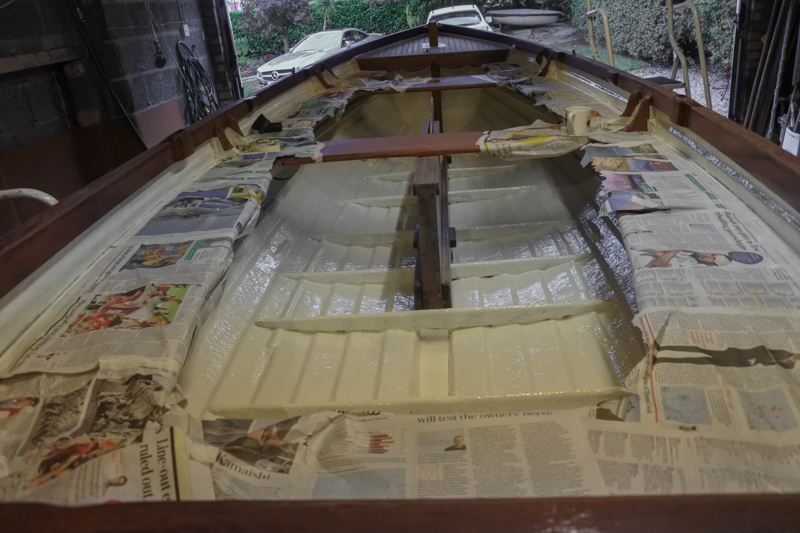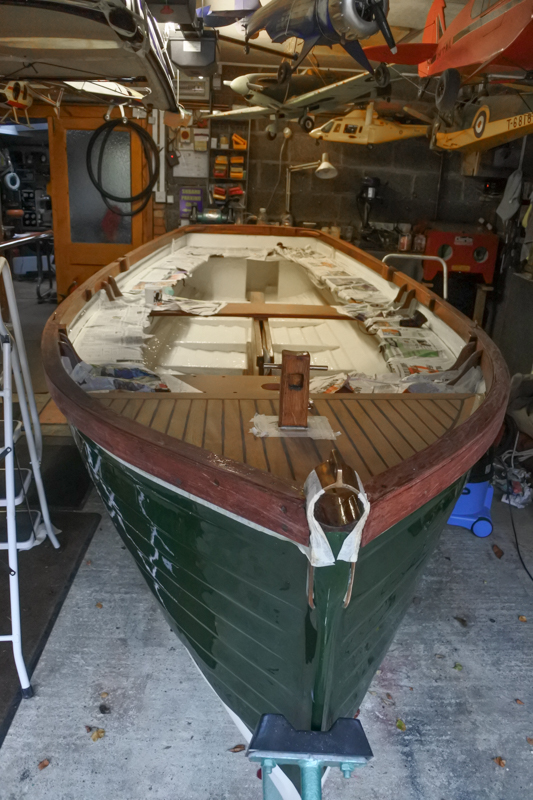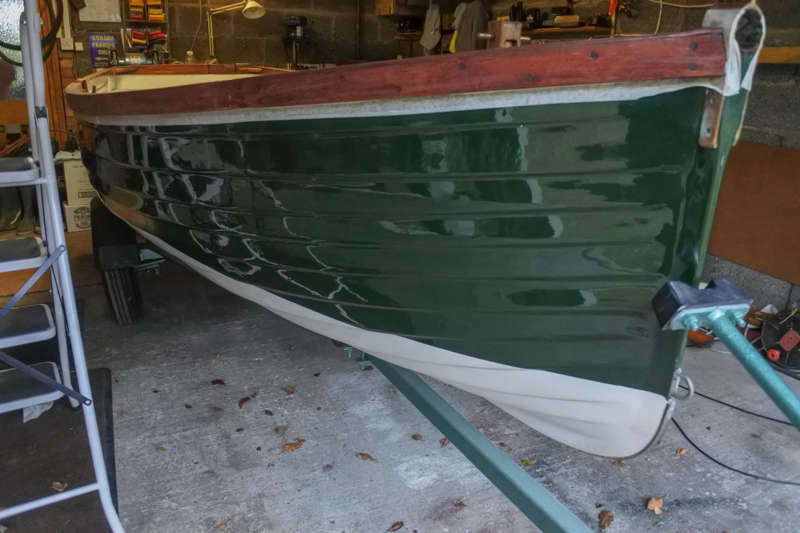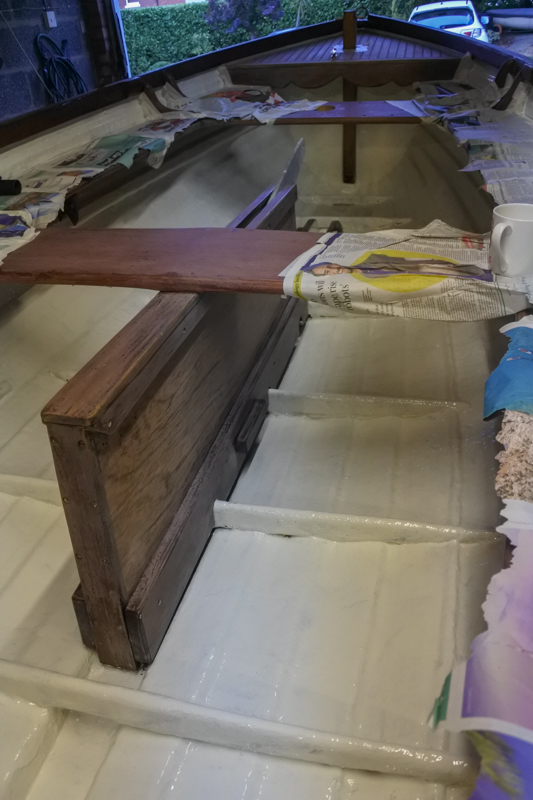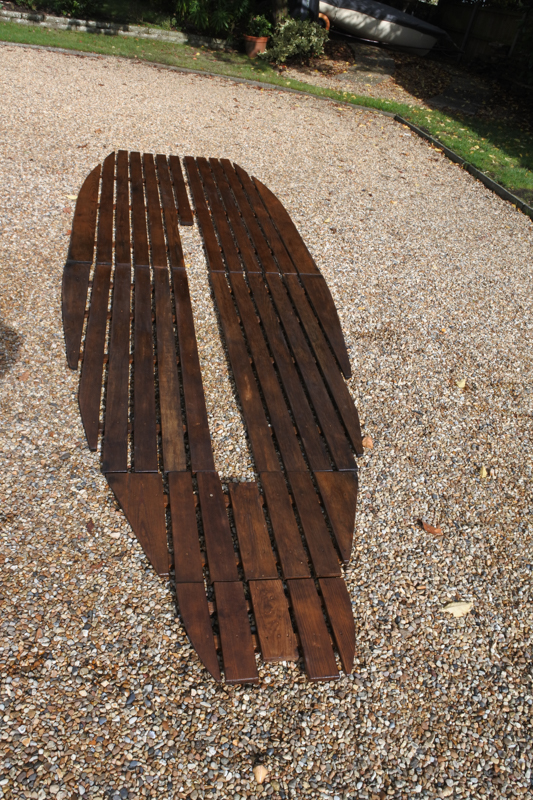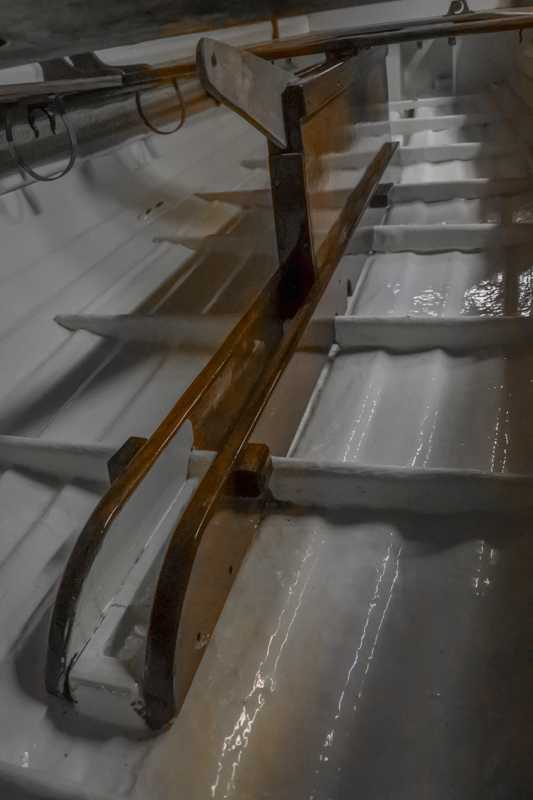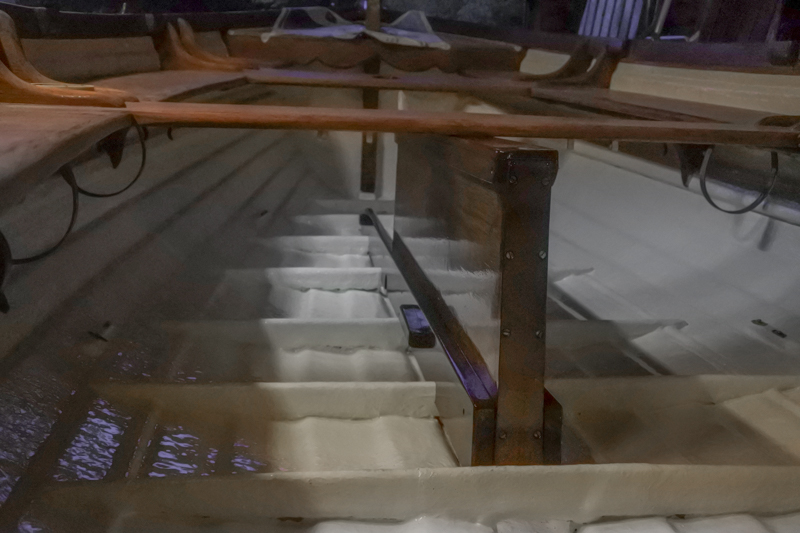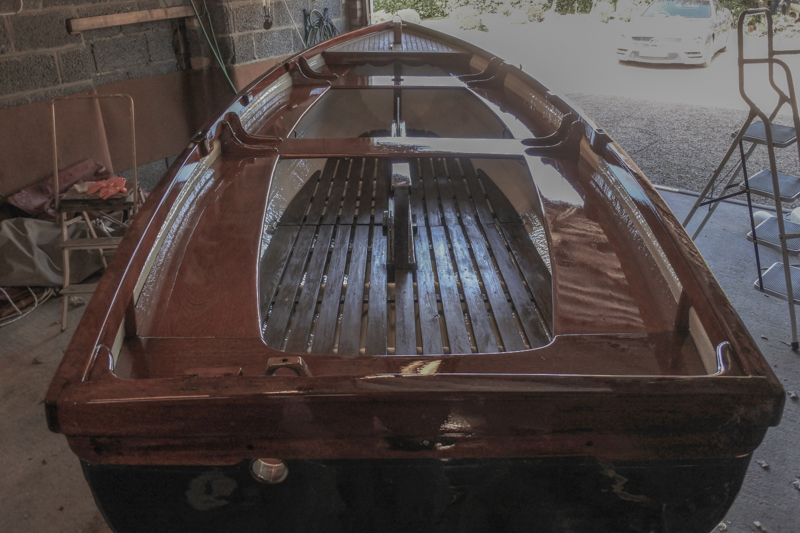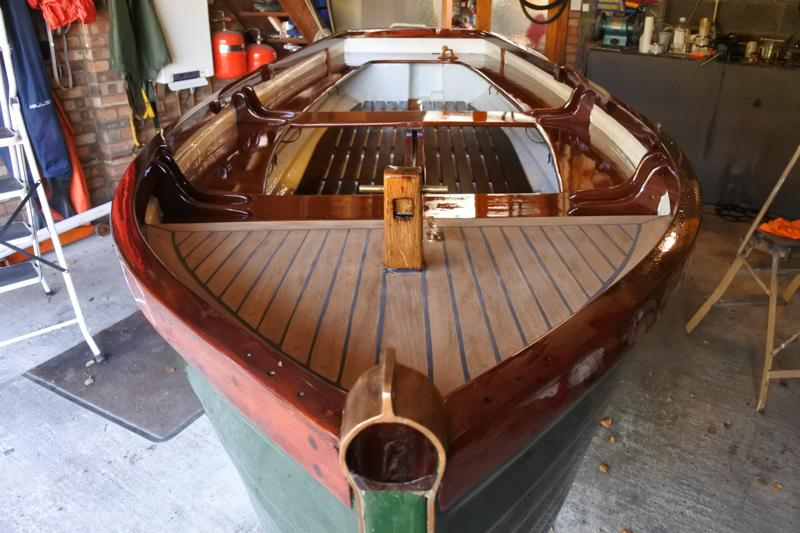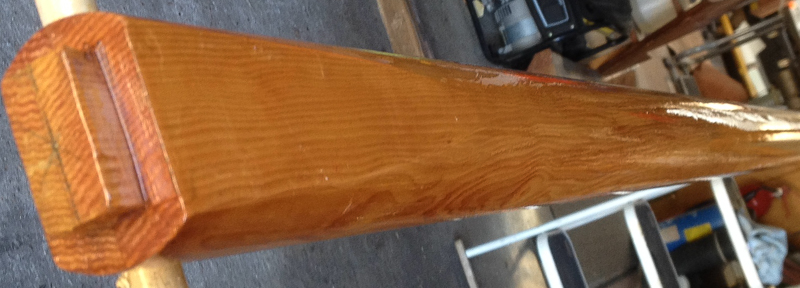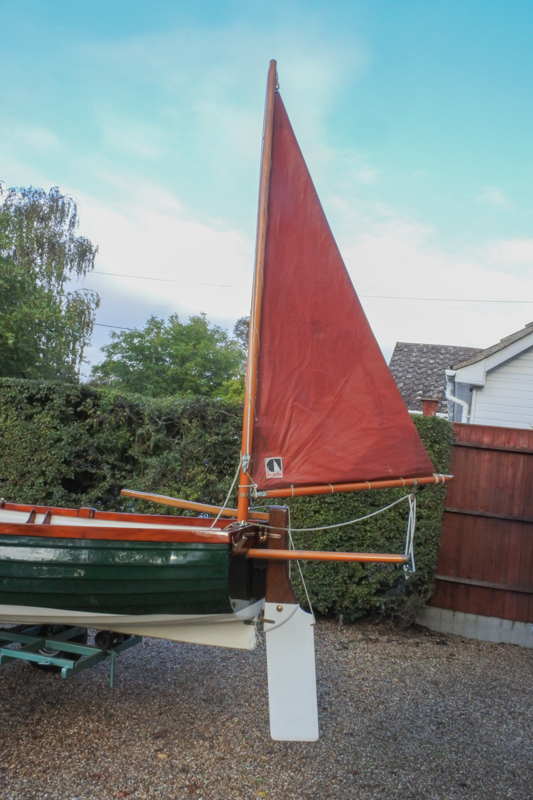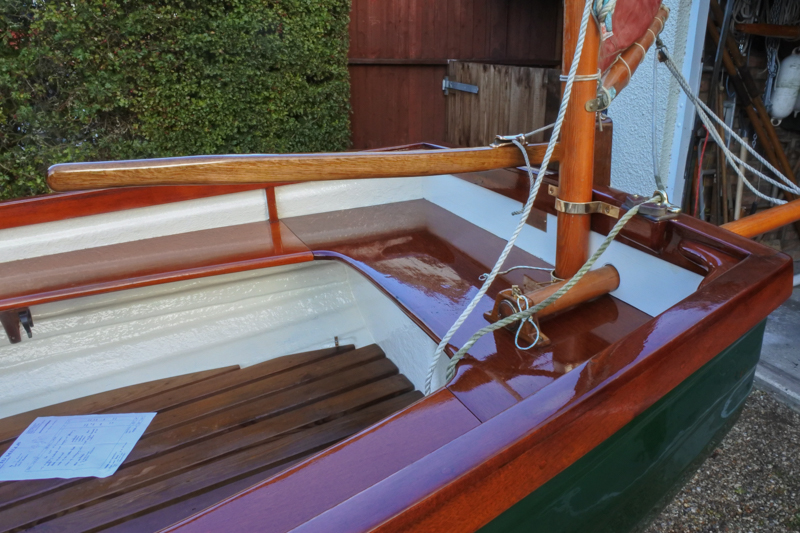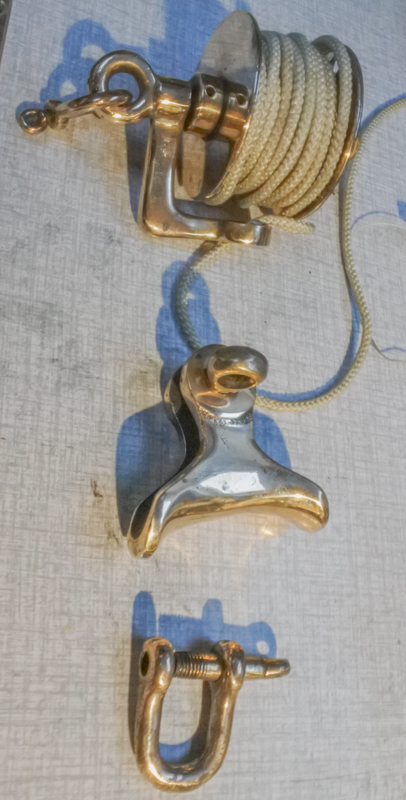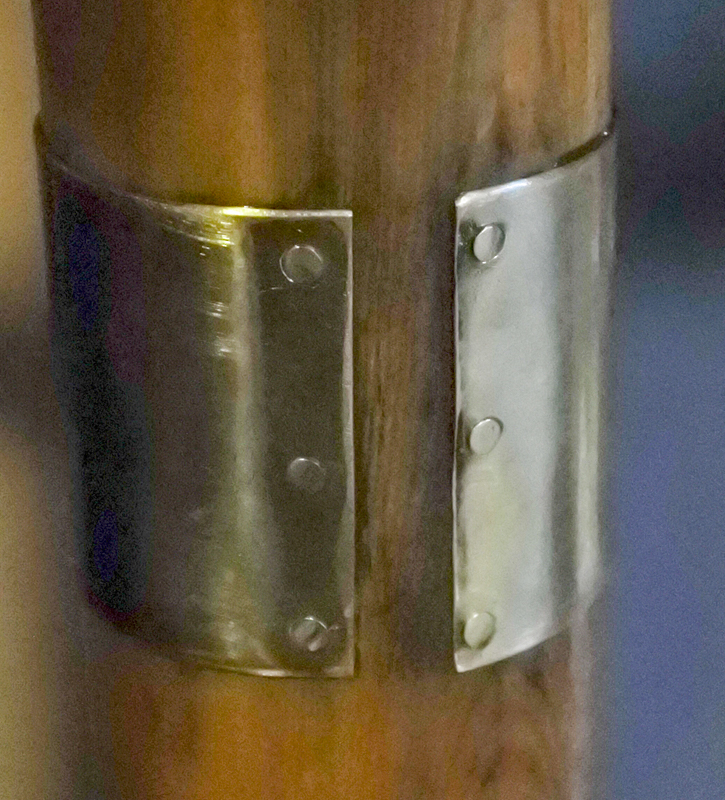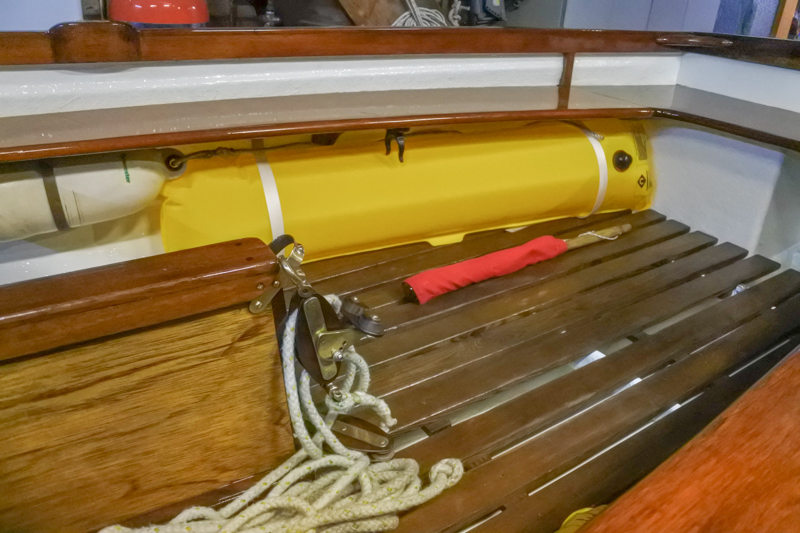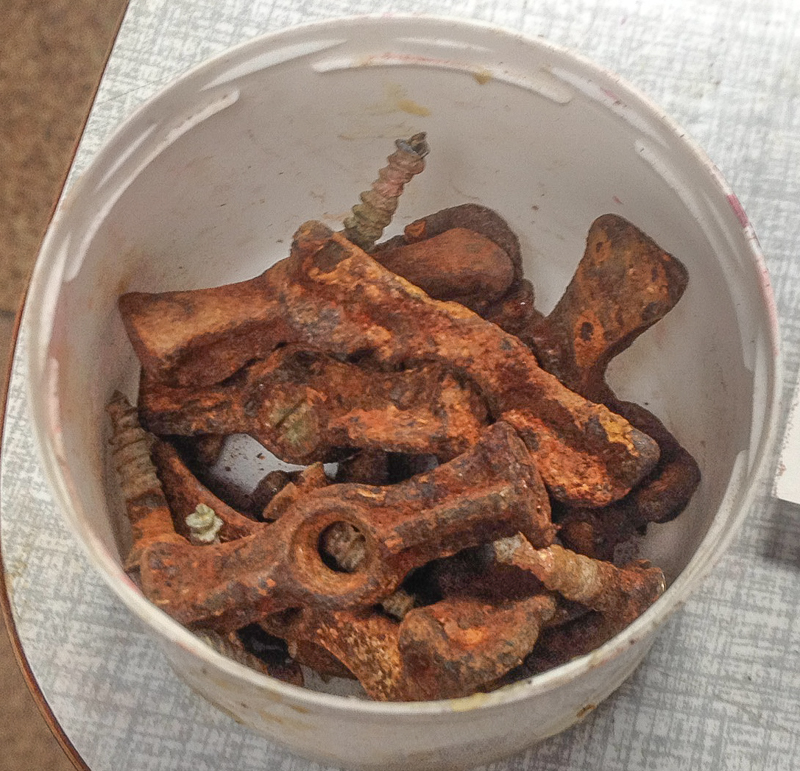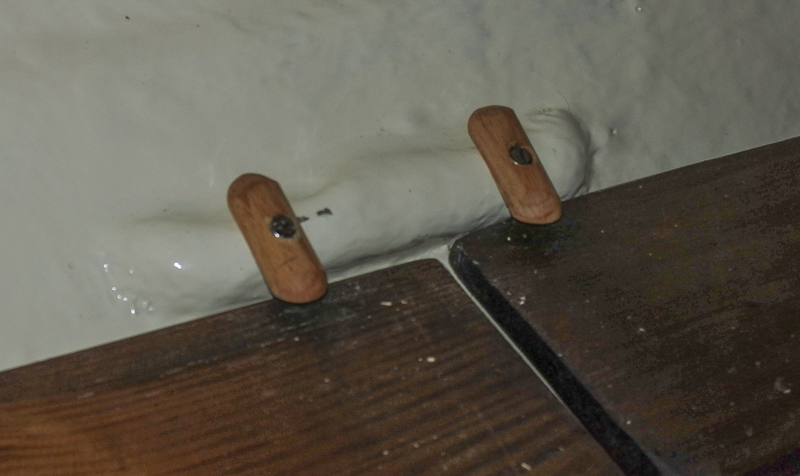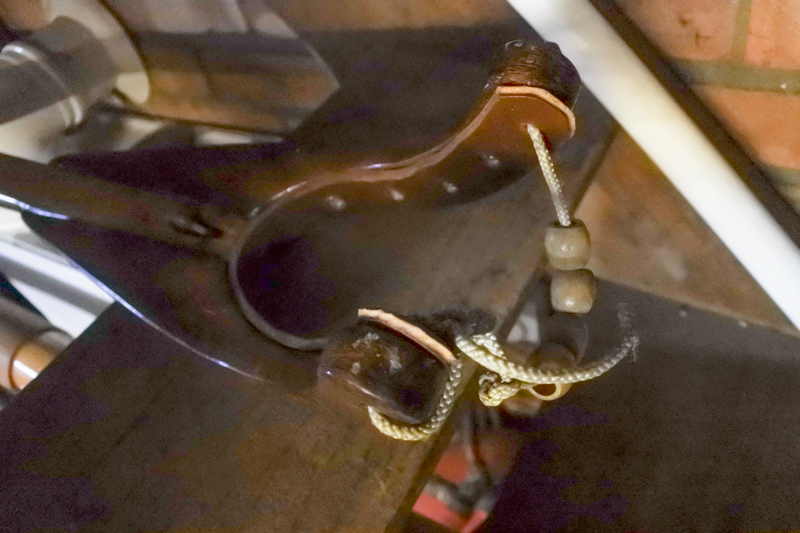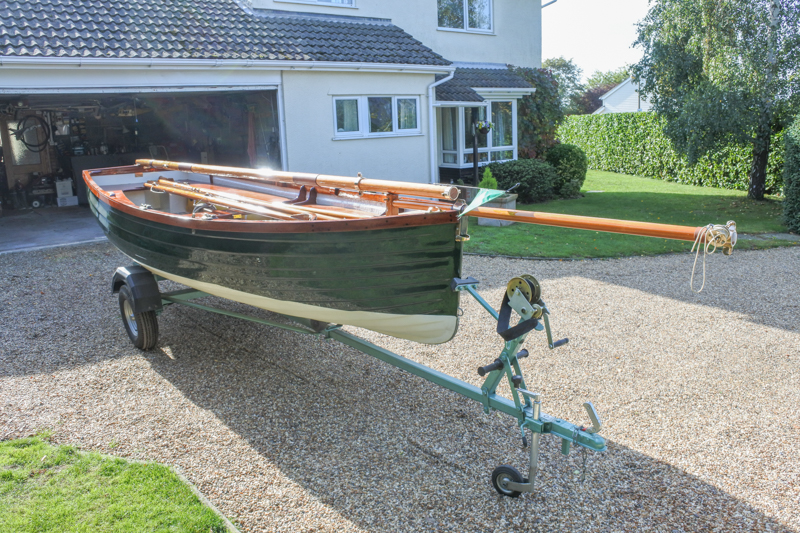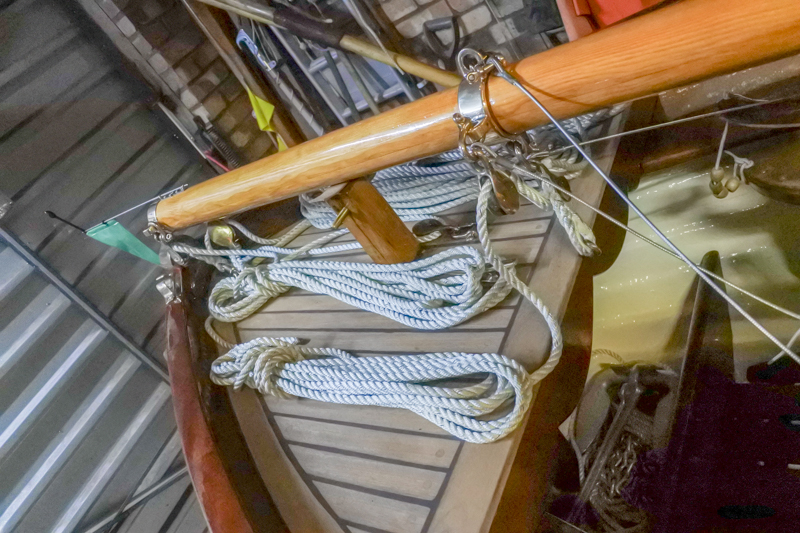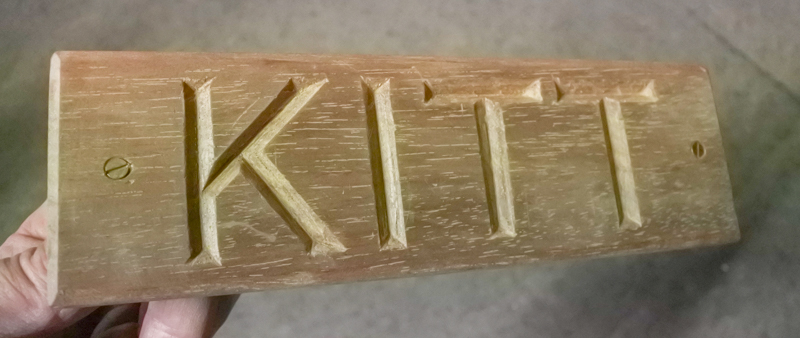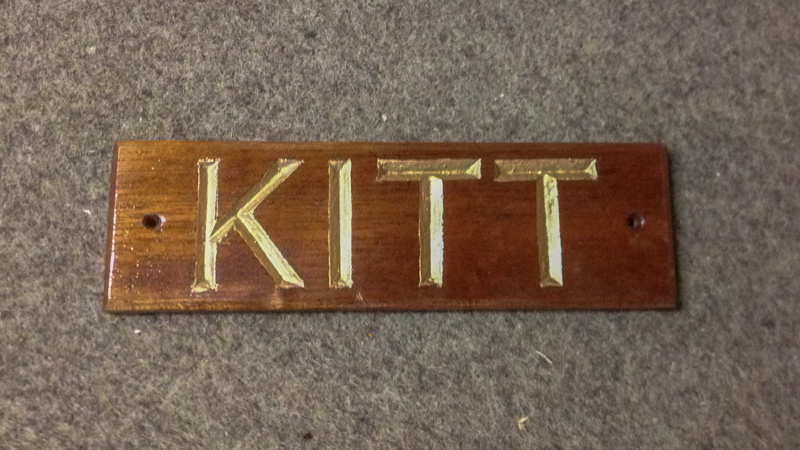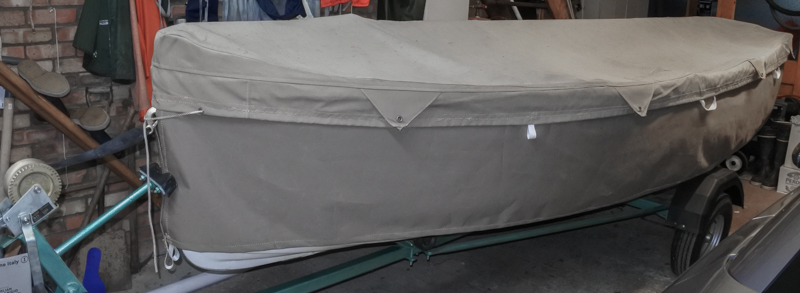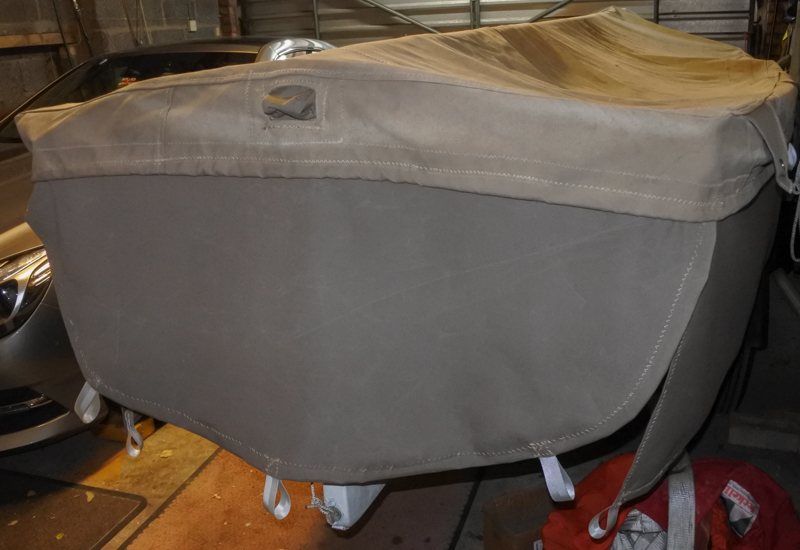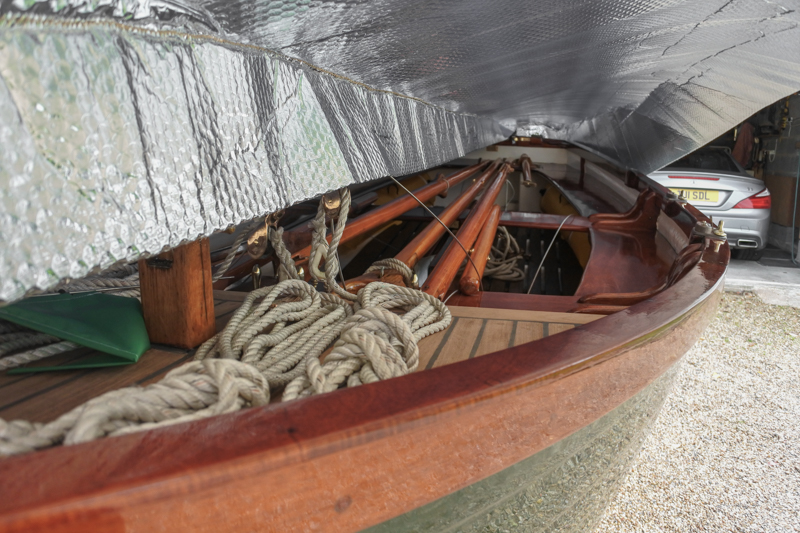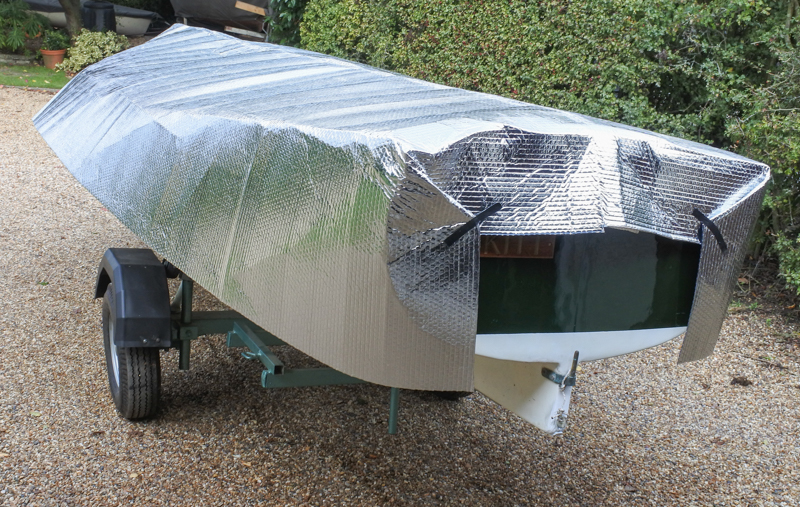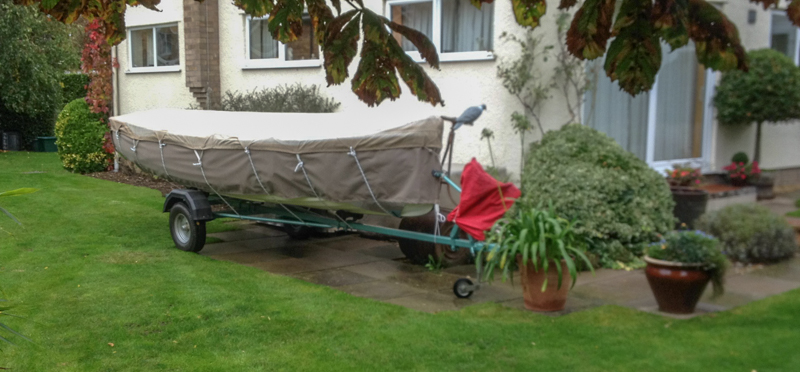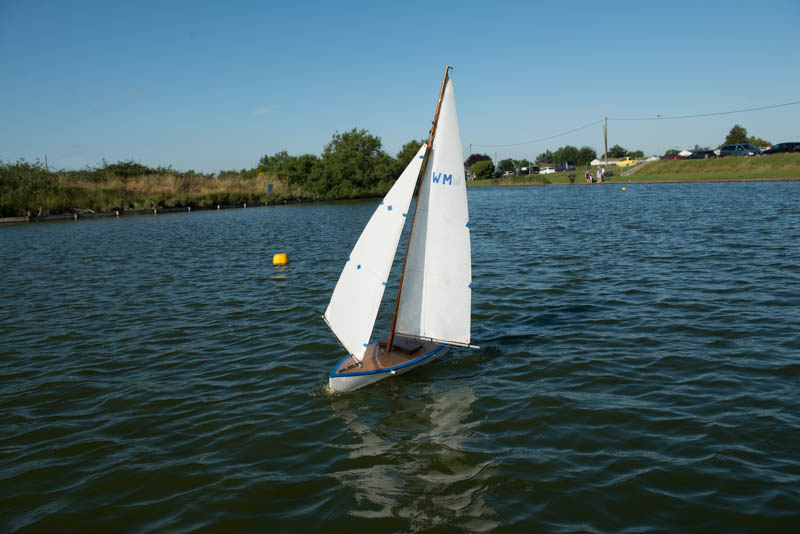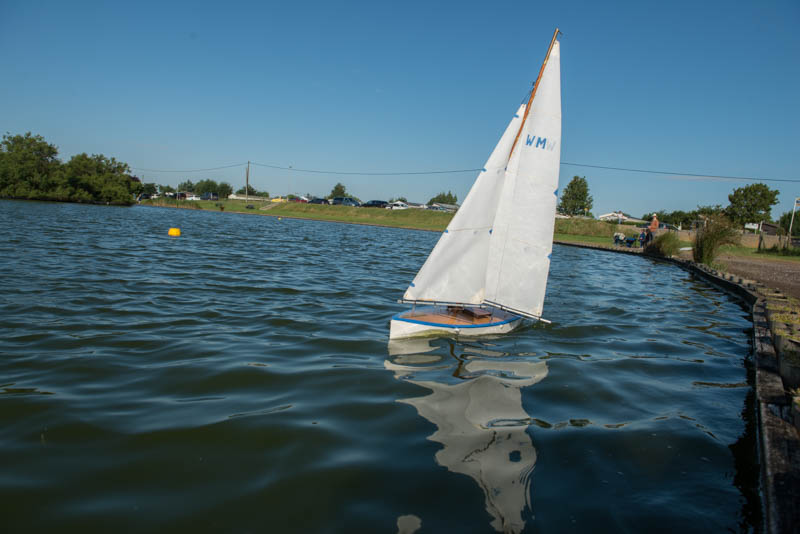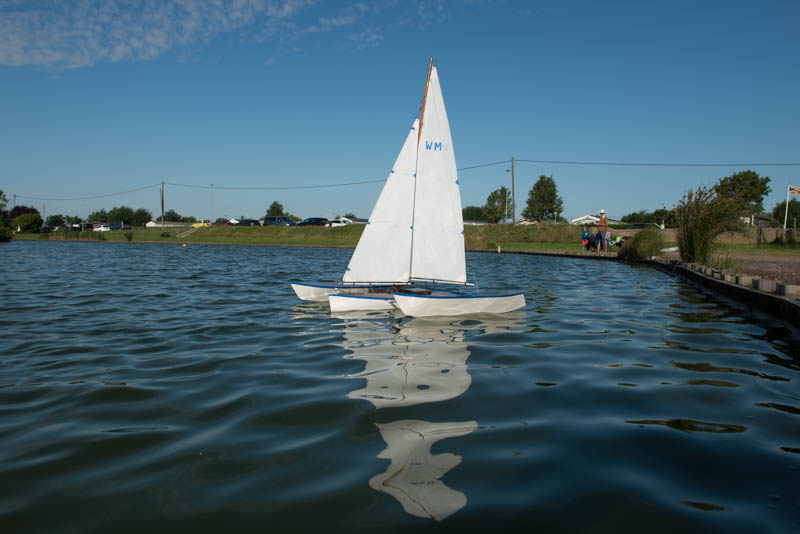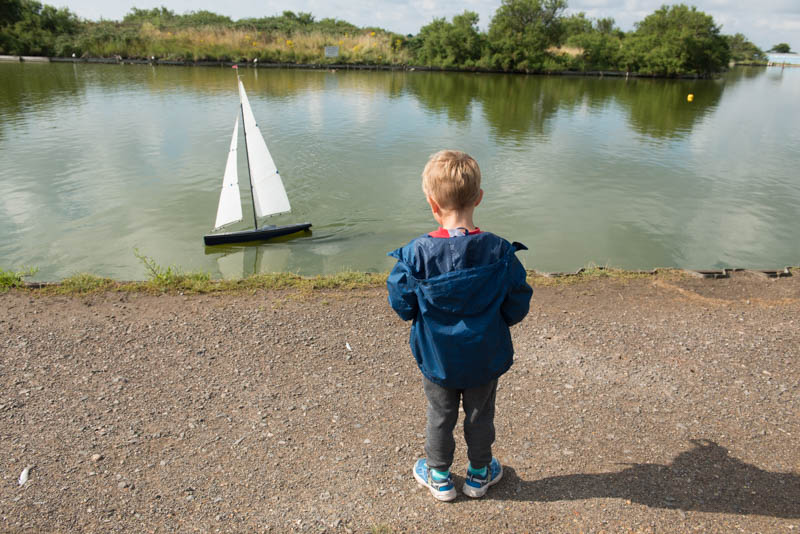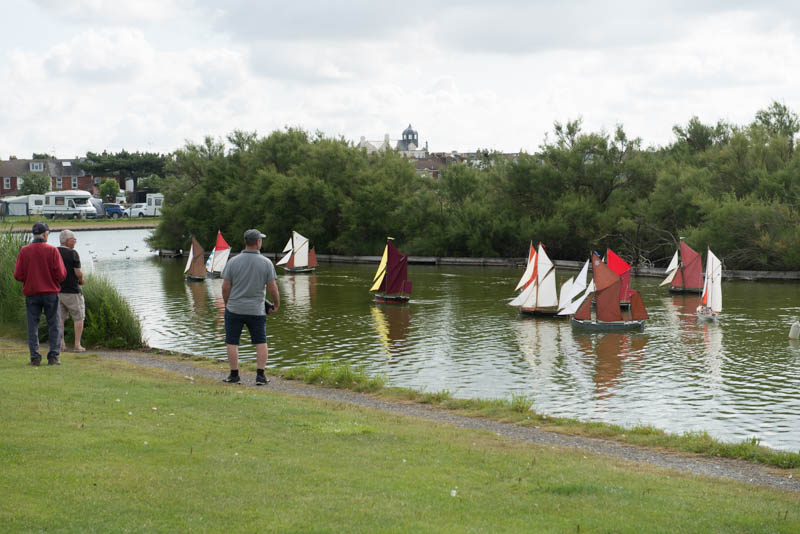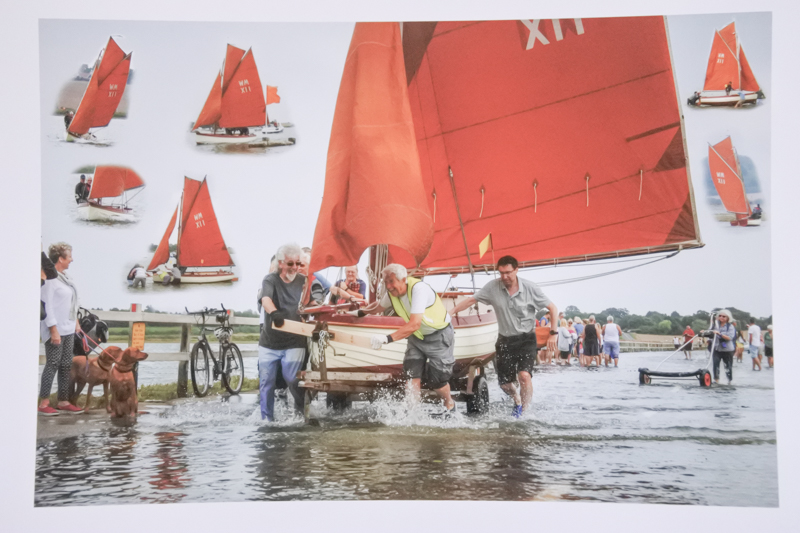See also the 14-foot gaff rigged 80-year-old wooden "KESTREL"
The Kittiwake 14 - "Kitt"
(formerly "La Petite")
After her late 2019 refurbishment, she was due to be taken to Santander in Spring 2020 for a new life
with our daughter, her husband, and our two young grandchildren.
The intervening pandemic meant that she laid under her cover at the side of our house for two years!
Relaxation of the Covid regulations permitted the Cantabrian family contingent to at last return to the U.K.,
with ten days quarantine in a rented property, and four weeks with the grandparents.
Kitt finally made the water, and was both sailed and motored on trial trips.
The long awaited launch
At last on her West Mersea temporary mooring,
with her much older pal Kestrel on her own buoy behind
Kitt's first sailing trials (of her second incarnation) took place in the River Blackwater.
Reaching
Running
and beating
Her first family outings involved "Swallows & Amazons"-like trips to the saltings for picnics.
Anchored off ...
... and ready to collect the party for the return home on the ebb
Kitt took the trip to Cantabria - by road!
And was made ready for the "OFF" on Mersea Island's Regatta night.
Kitt en route - a well trained Euro star
Her arrival
Kitt's first family outing in Santander Bay
See also THE SMALLER CRAFT
THE REFURBISHMENT ARCHIVE
Mersea Island August 2019
The first 16 images show her as she was found pre-purchase mid-August 2019.
Those following show the work of refurbishment up to completion in mid-October that year.
Badly oxidised gel coat required serious attention,
and the mast was split above the thwart.
Foredeck caulking was degrading and cracked away from joint sides
Trailer was in very poor state, with all rollers frozen
Jockey wheel was just a tyre and an axle bolt!
8-inch trailer wheels, including spares, were corroded to a dangerous degree
Jeckylls suit of sails were in surprisingly good condition, showing very little use, having been stored elsewhere.
Were they original or replacements?
Stripping and refurbishment commenced after acquisition
There wass a remote possibility that a pair of faint marks on the top, port,
rear corner of the plate box represented the Roman numeral "II".
Only the person who put them there would know.
Ropework was in generally good condition, albeit most lines had terribly frayed ends requiring attention.
Glass work was cracked over keelson former,
requiring drying out, treating and re-matting.
Two rotted and broken cross beam sections of the two floor bearers abaft plate box are shown being replaced.
Rigging photos were taken to assist reassembly by elderly worker with poor memory.
Boat cover on arrival
Fortunately the fabric was not rotted, but several hours were spent removing growth with pressure washer
The cover needed significant work to re-waterproof, and extra tie-down points were added.
Side panels were also later added to protect gelcoat after polishing was undertaken
Now it was time to commence the necessary repairs and refurbishment, post acquisition.
The trailer required major work before the boat could be even be moved around
New hubs, bearings, wheels and mudguards were fitted.
And a new winch was in hand
Floorboards required only a few minor repairs, additional fastenings, scrubbing, and coating with a suitable oil-based treatment
Decks cleared for action
"Sail plan" - after all halyard and sheet tails had been attended to.
The trailer frame was wire-brushed and treated with rust killer,
although "Snipe" galvanising remained quite good.
The trailer was painted, winch fitted, and boat hauled back aboard.
Close-up of stem 'sprit fitting
Samson post during removal of caulking
Ballast removal, prior to weighing for C. of G. calculations.
Separation of gunwale capping near chain plates.
Stainless centre-plate pivot with brass nut. May this bolt be a replacement, or is it the original?
After-end of plate box - still looking for possible hull number.
Plate and fittings all looked good,
although the eye-bolt in the hog was ferrous, heavily corroded, and looked as though it might not bear the strain it would have to take.
This was one of the places where an instruction manual would have come in handy.
Now cramped and glued back into place, there was a suggestion on the starboard bow of an earlier "port & starboard" situation, or an exuberant arrival at a quayside
Keel eye-bolt looked a bit thin on its shank, but had obviously survived many years thusfar.
Superb varnishwork on lowline bulkhead appeared never to have seen the light of day
Foredeck preparations for re-caulking under way
Further stripped for action
Floorboards washed down and awaiting treatment
Foredeck hand,
and a hint of before-and-after gel-coat polishing
Floor bearer repairs underway
First layer of matting to "hog" glass repair
Gel-coat repair to damaged drain-plug fitting aperture.
(Not preparations for a prop-shaft bearing)
Foredeck's disintegrating caulking removed,
and taping-up prior to re-caulking.
Polishing out of gel oxidisation continued.
See-saw trailer rollers eventually had to be replaced in their entirety.
Foredeck ready for re-caulking.
Foreman checking quality of work
Foredeck sanding ...............
....... completed.
Lifted rail capping re-glued .........
............ in a number of places.
Sunset; awaiting another day
Grubby bilges prepared for painting
Test patch for chosen "Flag" bilge paint
Heavy gelcoat white oxidisation before treatment
Professional attention required
Topsides polishing completed by a professional
Leather prepared for mast protectors
First stitching of hide where mast passes through thwart.
Bilges painted
Gunwales prepared for final coats of varnish
Sole boards oiled
Centre plate box varnished
Seat and rails varnished - floorboards fitted
Ready for refurbished bronze fittings
New mast, made by famous local shipwright, (original was split for three feet above thwart), now varnished
Leather protectors for gaff and boom jaws and sewn on
Mizzen checked, rudder with new larger blade (also made by famous local shipwright) test fitted, and bumpkin tried in place
Mizzen and bumpkin test fitted prior to addition of respective
leather and brass protective sleeves for mast's transom bracket and bumpkin's transom hole.
Tiller revarnished.
Wykham-Martin jib furling winch ready to refit
Tight fitting brass sleeve added to bumpkin where it passes through transom
Four new additional buoyancy bags added, and main-sheet blocks fitted
Original cast turn-latches for floorboards showed signs of distress .........
...... warranting replacement with more friendly and home-made, longer-lasting hardwood ones
leather replaced on gaff jaws
Bowsprit fitted with added leather protector where it passes through stem-head fitting
Freshly varnished spars, placed in boat
with mast checked in "tent-pole" position for boat cover modification
Refurbished anchor, chain and warp now in place, and halyards and blocks fitted to mast
Transom name-plate carved and ready for gold lettering and varnish
Name-plate ready for fitting
Cleaned and modified boatcover tried in place
Topsides' gelcoat now protected from UV attack
And, hidden beneath, the newly named craft, awaiting fitment of her
"Knight Rider" port & starboard LED navigation lights!
Then time for laying up
With undercover to protect from frost, damp and UV (if there is any sun!)
Before the move to the boat park for winter
______________________
All work, bar the bare mast and rudder blade, and final topsides polish, undertaken by "Grumps".
And this is what we were aiming for the following season ..........
with a further link to the manufacturer's schematic
THE SMALLER CRAFT
"ESMY" in monohull mode - at Brightlingsea Model Boat Club
running before the wind 'con orejas de burro' (donkey-eared)
or "goose-winged" in local parlance
and preparing to tack back up the lake
Here she is again - with her outrigger sponsons - as a trimaran
Esmy's owner is here sailing his grandfather's yacht
A "BMSC" BARGE RACE
Click the image below to see "Kestrel" - another refurbished 14' clinker gaffer,
here being taken over the "Strood" causeway during the 2019 Round Mersea Island Race.
Go to: SITE MAP or MENU PAGE, or return to TOP of PAGE
See this website's Raison d'être
